#woo yen jet
Text

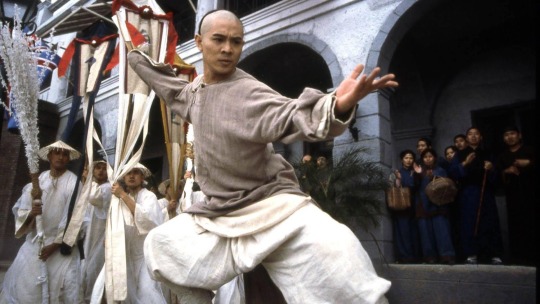
Jet Li as Wong Fei Hung
1992’s “Once Upon A Time In China 2”
Dir. Tsui Hark
Action choreography Woo Ping Yuen
Produced by Ng See Yuen
#jet li#chinese action cinema#chinese martial arts#tsui hark#once upon a time in China#hong kong cinema#hong kong action cinema#1992#yuen woo ping#donnie yen#wong fei hung
9 notes
·
View notes
Text
You’ve got to remember, at the time, The Matrix hadn’t come out yet. So martial arts in American cinema was looked down upon. As a stunt person, you made your money falling or driving or doing a stair fall or fire burns. Anything but martial arts.
The Matrix comes out. I get a gig doubling Keanu after I turn it down a few times. I was one of the few six-foot-one guys out there that had a gymnastic, martial-arts background. Next thing you know, I’m doubling Keanu Reeves on The Matrix. And who’s doing The Matrix? Yuen Woo-ping himself, the greatest fight choreographer alive today and probably that’s ever been around, and now I’m learning with his team for the next 10 years. And through that time, I’m working with Jackie Chan, Donnie Yen, Jet Li, and being introduced to the best of the best in the industry. And you start talking to Jackie Chan a little bit, and who’s one of his biggest influences? Buster Keaton.
Chad Stahelski on what the John Wick movies owe to Buster Keaton
732 notes
·
View notes
Text
It's been a while since I read the first Agents of Atlas lineup but I think about it intermittently because it's the most tailored-to-me concept ever despite fumbling the ball in the second half so bad. It's a modern era lineup made of entirely 1950s stock characters (both on a publishing history level and an in-universe lore level, they're from the '50s) that faces mostly fifties type pulp scifi threats. But it centers on James Woo as an interesting comic history anomaly. He's from a Jack Kirby yellow-peril esque comic that made the unusual move of making the protagonist secret agent Chinese-American presumably to try to offset the grossly caricatured Chinese villain.
The comic starts to do this thing that I'm always wishing adaptations of old comics would do: it addresses the foundation of the era the character is from and the biases that shaped them. It gets into the fact that Jimmy Woo would never have been "allowed" as a '50s hero if he wasn't given a caricatured Foreign Chinese enemy to fight against. It observes how Jimmy's relationship with his own heritage is never addressed (in a Doylist sense because he's a re-skinning (lol) of the generic American secret agent, in a Watsonian one because of the pressures of assimilationism). And it makes gestures to start undoing this; for instance we learn James' birth Chinese name and it's Woo Yen Jet,
and then they're like "and of course Yellow Claw's real name isn't Yellow Claw that would be silly" and you're like "of course" and they're like "yeah his real name is Plan Chu aka Master Plan" fuckin Master Plan. are you for real
It's like there's an understanding that posing everything culturally Chinese as evil is stupid and xenophobic even where it can be claimed to be not racist, so they try to give a Chinese heritage back to Woo, but they're "giving him back" this super caricatured fifties style conception of Chinese culture with only slight corrections for authenticity (why does chinese dragon have wing on it?) and it's like, you made us sit through this much repetition of fifties xenophobia only to give up after deconstructing it only maybe halfway? and putting the job of both owning and removing traces of caricaturedly evil Chinese business influence as Jimmy's responsibility? At some point ignorance holds open the gap that hatred opened.
It's a shame because I love Jimmy as a Guy (I love time-displaced weirdos who have developed bizarre attitudes from growing up in an era unfriendly to one or more facets of their identity) and I love the team lineup. (There's some other weird stuff going on there including Venus hiding out in Africa which isn't even imported from the 50s iirc but in general they were just really well chosen and interestingly characterized.) AND I love stories that sink angry teeth into questionable comics history instead of sweeping it under the rug but it turns out that can be botched badly enough that I just wish we were fighting actual aliens or hollow earth robots or something instead.
#watch this guys we're gonna get something enlightening by integrating the stereotyped villain with the assimilationist hero#[sticks the still-uncomfortable hero into a stereotyped setting]#anyways#oliverliveblogs#...a comic I read months ago idk why I'm thinking about this again#agents of atlas#jimmy woo
35 notes
·
View notes
Text
Idea for how to integrate Agents of SHIELD into the main MCU:
The miniseries is “Jimmy Woo: Former Agent of S.H.I.E.L.D.”.
In this first episode, we start off with a flashback to 2010. We learn that before he joined the FBI, he was a S.H.I.E.L.D. agent working on the field. His real name is actually Woo Yen Jet. For this particular mission, Jet and a few other agents have been sent to Berlin, Germany in order to stop an arms deal between the Ten Rings and the Golden Claw Society, a South Korean crime syndicate and the main villainous faction of the series.
Jet is paired up with a still-alive Phil Coulson and Brock Rumlow. The plan was for their team to link up with the second team, which would lead into the main assault. The three S.H.I.E.L.D. agents, after some chit chat, eventually do link up with the second team, revealing that the second squad’s leader is Melinda May.
The S.H.I.E.L.D. agents stop the arms deal, but not before the Golden Claw leader issues a warning to Jet that he will remember this (foreshadowing for the rest of the series).
We then get a flashforward to 2014. “Captain America: The Winter Soldier” happens, leaving S.H.I.E.L.D. in ruins. With every agent in danger, Melinda May tells Jet to go into hiding. Jet does so and starts a new life as Jimmy Woo, an ordinary FBI agent. This leads into a brief recap of “Ant-Man and the Wasp” and “WandaVision” before leading into the present day, where Jimmy is forced to reckon with his past when the Golden Claw Society reemerges from the shadows.
(Side note, if I had to cast the leader of the Golden Claw Society, I’d pick Steven Yeun. I want him to play a villain role for once)
#agents of shield#AOS#mcu#marvel#jimmy woo#randall park#woo yen jet#shang chi#phil coulson#brock rumlow#melinda may#ming na wen#captain america the winter soldier#antman and the wasp#wandavision#steven yeun#agent jimmy woo#marvel agents of shield#aos imagine#captain america#the winter soldier#antman#the wasp#wanda maximoff
49 notes
·
View notes
Photo
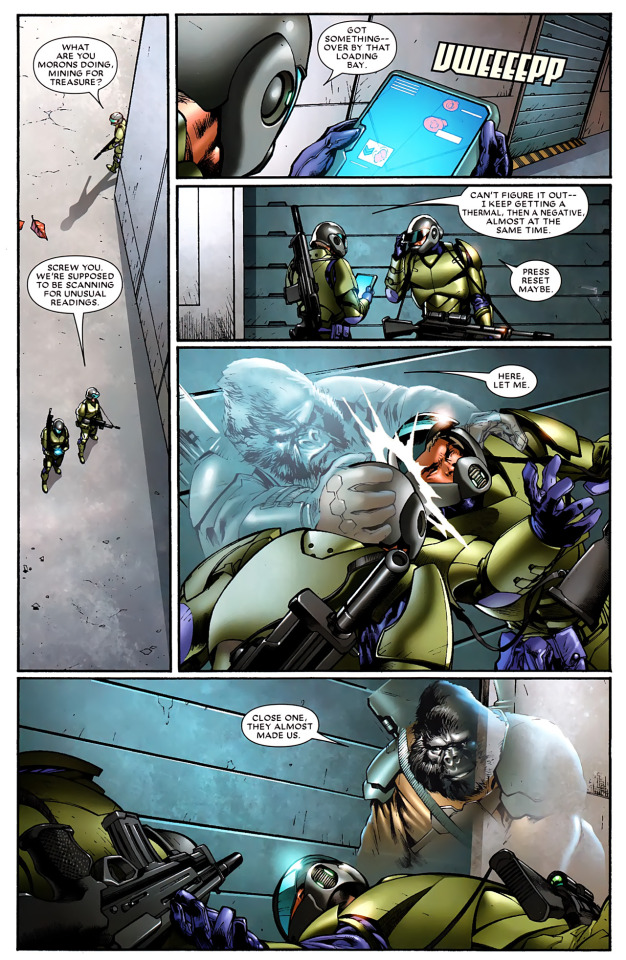
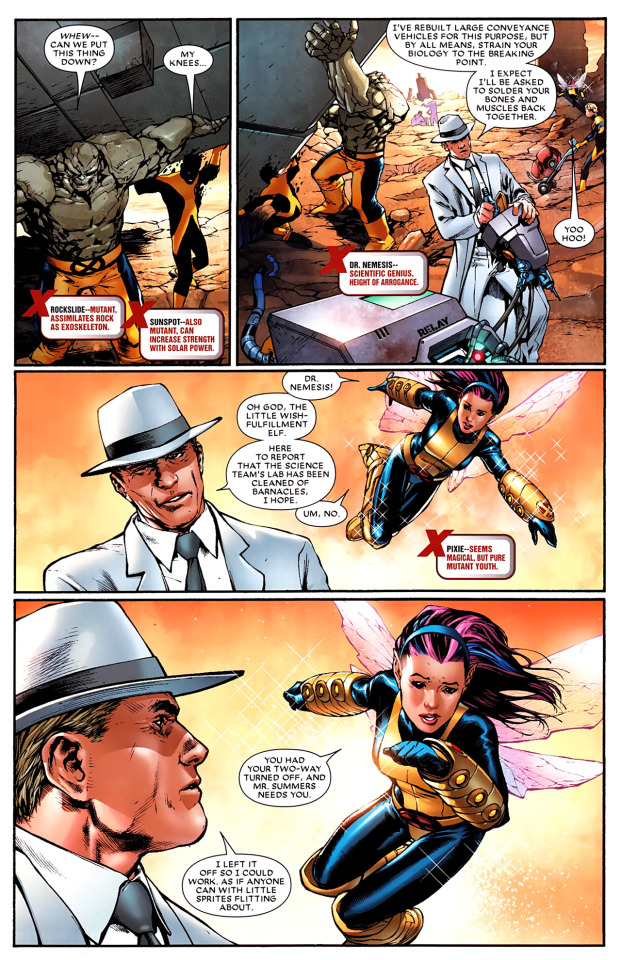
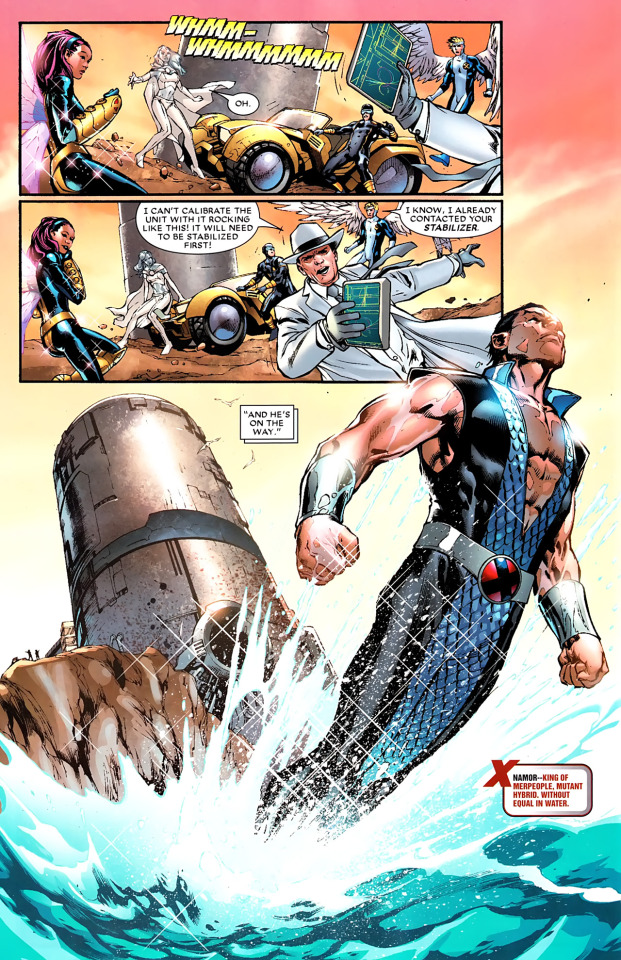

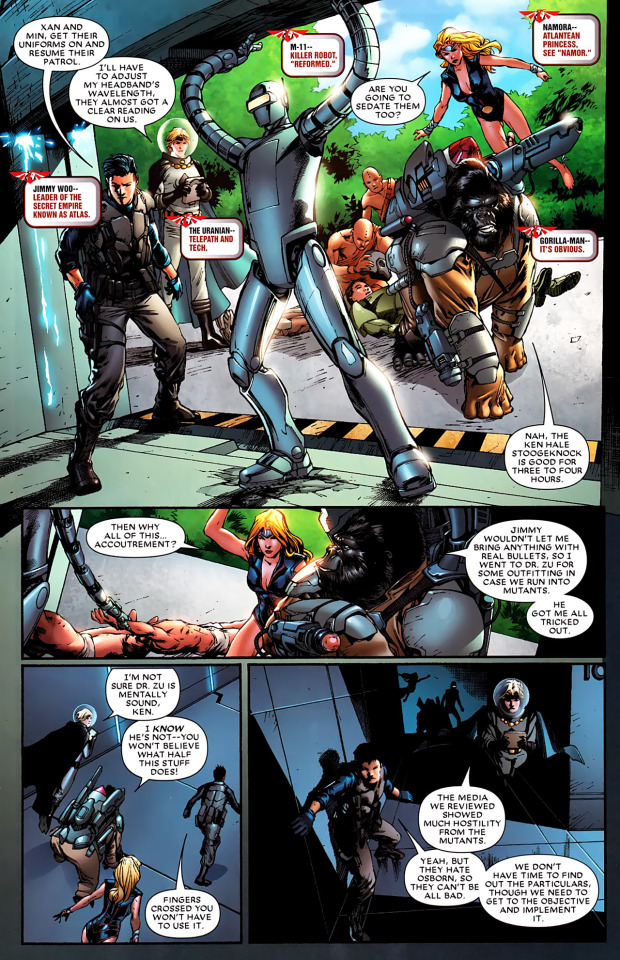
Infiltration of Graymalkin Industries-X-Men vs. Agents of ATLAS #1
#Infiltration of Graymalkin Industries#Graymalkin Industries#Agents of ATLAS#M-11 the Human Robot#James Woo#Agent Jimmy Woo#Woo Yen Jet#Namora#Gorilla Man#Namor the Sub-Mariner#Marvel Boy#The Uranian#Robert Grayson#Pixie#Cyclops#Angel#X-Men#Dr. Nemesis#Namora the Sea Beauty#Rockslide
1 note
·
View note
Photo
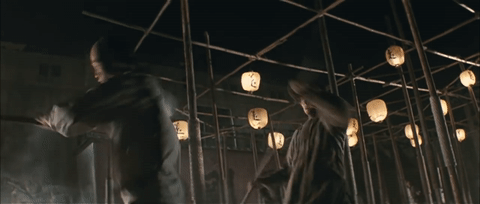
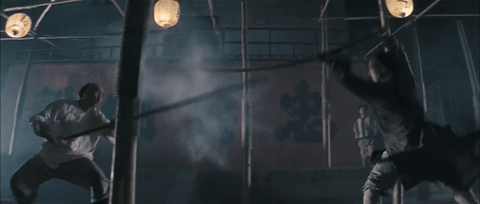
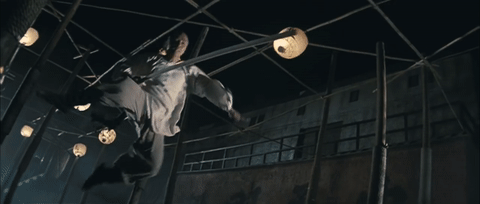
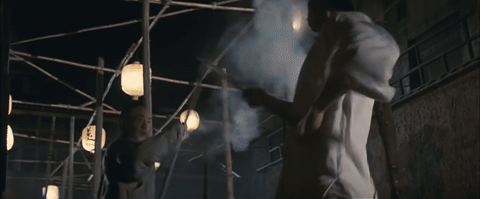

Once Upon a Time in China II (1992) - Jet Li vs Donnie Yen
#Once Upon a Time in China II#Once Upon a Time in China 2#Donnie Yen#Jet Li#Pole#Staff#Weapons#Fight scene#Tsui Hark#Yuen Woo Ping#Kung fu cinema#Martial arts#Gif#Gifs
198 notes
·
View notes
Photo
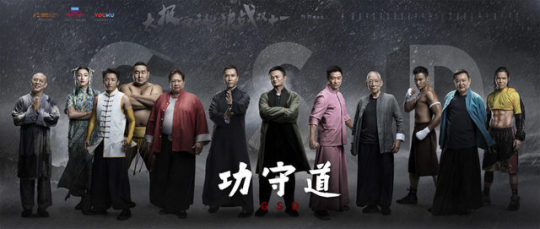
(source: JetLi.com)
Jack Ma, the founder of Alibaba Group, is going to be the main actor in a new short film, Gong Shou Dao (GSD). Gong Shou Dao is derived from and influenced by Taiji, Kung Fu, and Martial Arts. The meaning represented in Chinese characters roughly translate into “Martial Art” that is based on “Guard and Defense”.
GSD starring Jack Ma and many famous Kung Fu icons who are no strangers to us all. They are Yuen Woo Ping, Sammo Hung, Tony Ching, Jet Li, Donnie Yen, Wu Jing, Tony Jaa, Shiming Zou, Asashōryū Akinor, Jacky Heung and Natasha Liu.
The executive producer Jet Li mentioned, “We all have the same dream with the aim to promote China’s excellent traditional culture and a tribute to the predecessors in the field of Taiji, Kung Fu and Martial Arts. The timing seems to be perfect and everyone involved in this project were so enthusiastic in making it happen.”
GSD is due to release sometime in November. It is a top secret project, but we also heard that it will appear on China’s Youku online video platform.
Jack Ma has always expressed interest in taking part as an actor in film projects, so it comes as no surprise to us because he managed to wow the world with his past projects. It is also a good fit as Jack has always been an advocate for Taiji and to use this as a cornerstone in this project will sure to be an eye opener. We all know that Jack is a Taiji Master himself, so it will definitely be an exciting short film to watch.
Promotion of the film is scheduled to coincide with Alibaba’s 11.11 Global Shopping Festival to enhance awareness of the movie and Taiji.
#Jet Li#Tony Jaa#Sammo Hung#Donnie Yen#Yuen Woo Ping#Tony Ching#Wu Jing#Shiming Zhou#Asashōryū Akinor#Jacky Heung#Natasha Liu#Martial Arts#Kung Fu#Movie#HK Cinema#Taiji#Tai Chi
10 notes
·
View notes
Text
‘Toku’ Tuesday 30 - you know what? let’s do the Matrix!
it’It’s Tuesday! And I hear there’s a new Matrix film out dir. Lana ‘please be less racist I’m begging you’ Wachowski - which seems a rather unnecessary affair all round and is apparently not especially novel or interesting. But whatever - it seems to be something of a 2000score week so let’s go down this particular memory lane to the land of green-tinted, half-cg wire fu.

The Matrix probably doesn’t need a lot of introductions in these circles - alongside LotR and Shrek, it was one of the first movies to ride the wave of the nascent internet meme ecosystem - but I think it would be interesting to approach it with 30-year-old eyes rather than primary school ones and dig up a few production anecdotes. (Here is a Bryn anecdote: I once printed out various stills from the movie on printer paper and taped them to the inside of my locker at school.)
The Matrix is essentially a big tribute to the tradition of Hong Kong martial arts movies, by way of a scifi spin on Baudrillard. Such martial arts movies are something I definitely treat in depth at some point, but definitely too big a subject to tackle tonight; suffice to say that the movie industry in Hong Kong built a highly refined cinematographic language to tell stories about people beating each other up, performed by many charismatic martial artist stars like Bruce Lee, Jackie Chan, Jet Li, Sammo Hung, Yuen Biao and Donnie Yen. . And indeed, The Matrix features the work of Yuen Woo-Ping as a choreographer - but more on that in a little bit.
At the outset of their careers, the Wachowskis - already doing basically everything together - were comics writers who decided to try their hand at selling a script to the movies. Their first script featured cannibals eating rich people, but this was, while good, apparently a little too on the nose for studio executives; instead, they managed to sell the script to a movie called Assassins (1994) to Warner Bros, only to see it almost completely rewritten, an experience that led them to decide to become directors (apparently you can just do that) working on the scripts they sold in the Assassins deal.
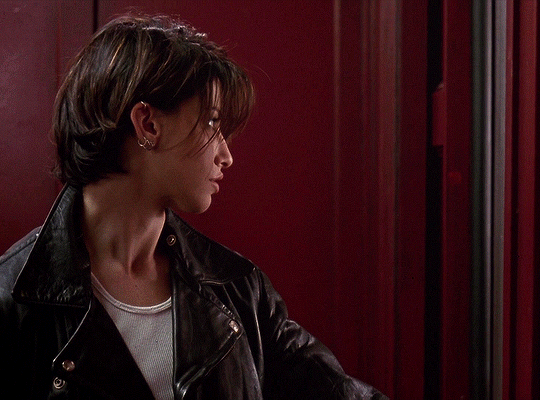
Their first project as directors was an explicit, noir-y heist movie called Bound (1996) about a lesbian couple conspiring to steal money from the mafia. This was fairly successful, so The Matrix was greenlit, although the high budget (for the time) and ‘philosophical themes’ gave the studio pause. This changed after the Wachowskis pulled in some comicfriends for a detailed storyboard:
The Wachowskis therefore hired underground comic book artists Geof Darrow and Steve Skroce to draw a 600-page, shot-by-shot storyboard for the entire film.[35] The storyboard eventually earned the studio's approval, and it was decided to film in Australia to make the most of the budget.[33]
And at the same time, they approached Will Smith to play the main character Neo; he elected to instead go for Wild Wild West. Instead, they recruited the now familiar group of...
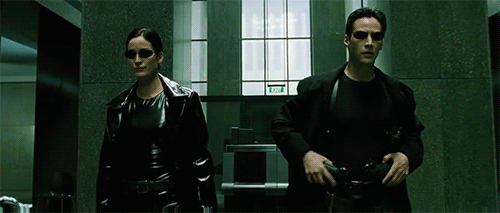
Keanu Reeves took Smith’s place as hacker turned anti-robot revolutionary [and also trans allegory] Neo. Very well known guy now; at the time he was best known at the time for being one of the time-travelling stoners Bill and Ted, but also had recently started appearing in sci-fi action movies like Johnny Mnemonic (1995) and Chain Reaction (1996)
Laurence Fishburne became the mentor-figure and spaceship pilot Morpheus. At this point he’d recently come off of sci-fi horror film Event Horizon (1997), and was in the 90s starring in a pretty wide range of films - dramas like Boyz n the Hood (1991) and Higher Learning (1995), noir movies like King of New York (1990), biopics like What’s Love Got to Do With It (1993) and indeed doing a shakespeare with Othello (1995)
Carrie-Anne Moss got to be Trinity, one of Morpheus’s main operatives and Neo’s love interest; at the time she was pretty much only appearing in B-movies, of which The Secret Life of Algernon (1997) is one of the only to merit a wiki article.
Hugo Weaving had not yet been Elrond, and at the time would have been perhaps known for playing one of the two main characters in Priscilla, Queen of the Desert (1994) about two drag queens, one of them a trans woman, going on a road trip across Australia. His most recent role was then The Interview (1998) in which he played a suspected serial killer in police custody. He got to take his very severe persona to be ‘Agent Smith’, an AI program tasked with maintaining the Matrix who manifests as a suited human.
The Wachowskis at this point were still reasonably crazy in an interesting way rather than a rich person way, so they put these actors through an intense training regime to try and both school them on the philosophical themes allegedly underlying the films, and also train them for Hong Kong style wire-fu stunts at Yuen’s standard...
The cast were required to be able to understand and explain The Matrix.[33] French philosopher Jean Baudrillard's Simulacra and Simulation was required reading for most of the principal cast and crew.[38] In early 1997, the Wachowskis had Reeves read Simulacra and Simulation, Kevin Kelly's Out of Control: The New Biology of Machines, Social Systems, and the Economic World, and [former Lacanian psychoanalyst] Dylan Evans's ideas on evolutionary psychology even before they opened up the script,[16] and eventually he was able to explain all the philosophical nuances involved.[33] Moss commented that she had difficulty with this process.[16]
The directors had long been admirers of Hong Kong action cinema, so they decided to hire the Chinese martial arts choreographer and film director Yuen Woo-ping to work on fight scenes. To prepare for the wire fu, the actors had to train hard for several months.[33] The Wachowskis first scheduled four months for training, beginning in October 1997.[39] Yuen was optimistic but then began to worry when he realized how unfit the actors were.[25]
Baudrillard, for his part, was not impressed by the film’s interpretation of his body of theory.
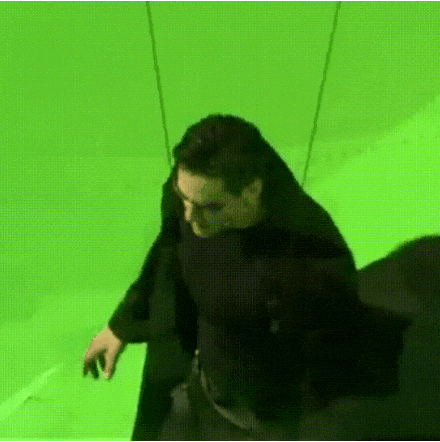
Which other figure to mention? Of course it would be John Gaeta, who did the visual effects (c.f. when we watched Speed Racer). He’s the one who figured out how to achieve the vague description of a slow motion scene with a moving camera:
When John Gaeta read the script, he pleaded with an effects producer at Mass.Illusion to let him work on the project, and created a prototype that led to him becoming the film's visual effects supervisor.[73]
This became known as ‘bullet time’, created at the time by firing precisely timed still cameras to create the appearance of fast camera motion in slow motion. (Nowadays, high speed cameras are more common, so such elaborate rigs are less likely to be necessary).
Gaeta’s success here would propel him to even more elaborate production techniques like we discussed on Speed Racer, ambitiously reinventing the whole visual language of film to draw on ‘animetism’... which mostly just led the path to the Marvel movie. Road to hell etc. etc. [The Matrix, also, took heavy inspiration from anime, especially Oshii’s Ghost in the Shell (Animation Night 39).]
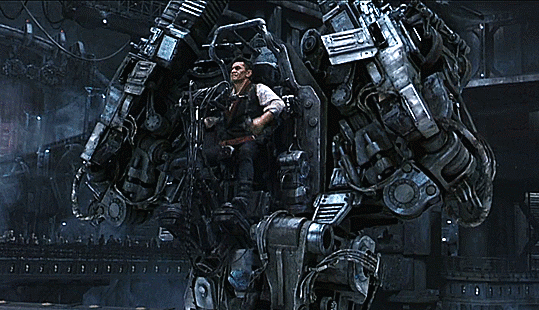
The enormous success of the Matrix - a pretty tight action film, for all that some of its fundamental premise (humans as batteries) is kind of ridiculous - led to two the immediate filming of more sequels in The Matrix Reloaded and The Matrix Resurrections, and no doubt inspired a whole generation’s obsession with leather trenchcoats. These movies were a lot more convulted narratively and more CGI driven, and generally regarded much less well, but they have some striking images. Juno Reactor were brought on to provide the music, and there’s a whole extended rave scene, which is probably suggestive of what the Wachowskis might have been getting up to.
Meanwhile, they were flush with money to send over to Japan, recruiting a large group of anime directors and studios to create a group of side stories for The Matrix in the form of The Animatrix. This features some of my absolute favourite short animated films, such as Shinya Ohira’s astonishing work in Kid’s Story. It also includes the second and last outing of Square Pictures, whose Final Fantasy: Spirits Within we watched last week (Animation Night 85), who created a striptease sword fight in Final Flight of the Osiris; the legendary Takeshi Koike, later to create Redline, rose to a high profile with the short film World Record; Mahiro Maeda fleshed out the backstory with the beautifully ridiculous Second Renaissance pair; Koji Morimoto deployed his usual stylistic flair on a story about kids encountering an anomaly in a ruined house; they even managed to track down Peter Chung to basically do a Matrixed-up episode of Aeon Flux (see Animation Night 52). To me, the Animatrix is definitely the highlight of the whole franchise and I’m looking forward to seeing that again!

Alongside this came a variety of other side projects, including an MMO which is apparently still considered part of the main story because the Wachowskis are the Wachowskis. Morpheus dies in it? Fucked up, I don’t know much about it.
Anyway, OK, that’s the rundown of anecdotes, and we’re running of time. What to say about the Wachowskis? They’re... tricky figures; subculturally a lot closer to Us Lot than most people in the movies (they’re trans, they go to bdsm clubs, they read scifi comics and they’re huge weebs) but also heavily insulated by their wealth and severely afflicted by rich-personitis. They like a lot of the things that I like, but they tend to fumble it when they follow that inspiration. So... I guess we tend to be obliged to pay attention to what they do, and yet it’s hard not to be a little ‘oh, not again’ when they put their foot in it once more, usually with racism (it’s just vital, and not utterly deranged, to film Cloud Atlas with yellowface. No other way they could adapt that book.) I tend to receive a lot of what they do as fascinatingly misguided, sometimes endearingly chuunibyou, but I would understand if your feeling is instead mostly frustration that such people get to be the trans girls who make it, or with the lack of inspiration in some of their later works.
And now, years later, after a variety of distinctive - usually terribly flawed, often still interesting - projects, we have The Matrix Resurrections, which brings Neo and Trinity back, now much older. I’ve avoided learning too much about this film, though from my friends I’ve heard it’s dropped the ball on being novel and interesting and weird, which seems the worst betrayal of what made The Matrix worthwhile - far better to make a janky bad film that does something fucked up and new than make it just another franchise, but I guess the nostalgia window has stepped into the 2000s. Instead, the biggest tech flex seems to be the real-time photorealistic VR tech demo The Matrix Awakens, which - for all that it really does look pretty convincingly photoreal - could be called a desperate attempt to justify the ongoing production of new games consoles and graphics cards. (Like pay attention to the actual gameplay. It’s QTEs and shooting.)
youtube
Well, whatever, the demon fascination of movie-making lives yet in my head - and it has been a very, very long time since I saw any of The Matrix. So tonight we’re staying up late to watch all five filmic parts of the series back to back (I will try to mix in the Animatrix between movies as appropriate). Will it hold up? Will I appreciate whatever the hell the sequels were doing a bit more this time around? Will it just feel painfully orientalist? Will the action sequences still feel impressive after so many more years of CGI dev? Let’s find out; They-Wish-It-Was-Toku Tuesday 30 will be starting shortly at https://twitch.tv/canmom
27 notes
·
View notes
Text
Woo Xue Jiao, or Jasmine Woo AKA Agent Woo
⁃ The daughter of FBI Agent Jimmy Woo (the guy in WandaVision and Ant Man and the Wasp) and another FBI agent named Woo Mei Ling, or Maya Woo (her and Jimmy are married. Also Jimmy’s Chinese name is Woo Yen Jet, just thought I’d mention that)
⁃ She’s super sweet and goofy, but she knows when to be serious and relax. But she’s just really happy and has a good energy that always puts everyone else in a good mood. She’s a social butterfly and needs to be around people or she goes crazy
⁃ Jasmine and Jimmy are direct descendants of Genghis Khan, which she finds pretty cool, and she studies Mongolian and Chinese history to understand her heritage better
⁃ She’s an aspiring FBI agent cause she looks up to her parents more than anyone and they always told her what wasn’t classified that was cool about their jobs
⁃ Though she was sneaky and would always hack the FBI system to see exactly what her dad was up to, cause all his cases were always Avengers level threats and super exciting
⁃ But until she fulfills her FBI dream, she’s on a team called Fury’s Angels, a branch off the Next Avengers (more on them tomorrow, I just wanted to talk about her rn)
5 notes
·
View notes
Text
ázsiai filmjeim (376.) - 2020. április-május
Ez elmúlt két hónapban leginkább az új tévékészülékem és bluray-lejátszóm tesztelését végeztem, mellesleg megnéztem vagy 30 órányi extrát és rendezői kommentárt.
376. The Great Wall (Zhang Yimou) Kína
Így néz ki, amikor az állami propagandagépezet A-listás hollywoodi sztárral (Matt Damonnal) felturbózva igyekszik a kínai egót fényezni a nyugati közönségnek. Persze én szórakoztatónak találtam, annak ellenére, hogy hányszor kiemelték, hogy a kínai harcosok mennyire nemes jellemek és milyen fejlett fegyvereik vannak, míg ezek a sunyi nyugati barbár jöttmentek csupán egy íjjal és egy mágnessel vagánykodnak (amúgy ez egy spoiler volt). Már az előzetes alapján tudtam, hogy ezt a filmet csak a 4K HDR felbontású csatajelenetekért fogom megnézni, semmi másért. Már el is felejtettem miről szólt. Matt Damon puskaport lopni ment, szörnyetegeket talált, átnevelő táborba zárták, végül belépett a pártba. Vagy valami ilyesmi.
5. Hero (Zhang Yimou) Kína
Akkor innentől ismétlések jönnek, ahogy a sorszámokból is látható. Ezúttal az extrákat is végigpörgettem és úgy még teljesebb volt az élmény. Szupersztár színészek, végtelenül menő kosztümök és díszletek, gyönyörű tájak, csavaros történet erős Rashomon-áthallással, Jet Li és Donnie Yen pedig sok-sok év után újra megküzd egymással (ezt a párost a Once Upon a Time in China második része tette halhatatlanná 1992-ben). Aki még csak most ismerkedik az ázsiai filmekkel, az kb. innen kezdje.
97. Crouching Tiger, Hidden Dragon (Ang Lee) USA-Kína-stb
Nem vitás, hogy Ang Lee-ről csak szuperlatívuszokban lehet szólni, mert mesterien beszéli a filmes nyelvet, minden részletre figyel, és mer egyszerre formabontó és hagyományos lenni. Azonban képzeletbeli kalapomat most Tim Squyres, vagyis a film vágója előtt szeretném megemelni, hiszen ő egyetlen szót sem beszél kinaiul és ezt a káprázatos műalkotást úgy hozta össze new yorki otthonában, hogy hozzá hónapos késéssel és minimális rendezői instrukciókkal érkeztek meg a Kínában rögzített nyers felvételek (csupán a szövegkönyv fonetikusan leírt példányára tudott támaszkodni). Még annyi nehezítés is volt, hogy ebben a filmben a harcjelenetek közben is van dialógus, úgyhogy erre is figyelnie kellett, nem csak a koreográfiára (ami csillagos ötös). A film operatőre, Peter Pau szintén valami elképesztőt alkotott, mert ez a film egyszerűen csodaszép. És egyáltalán nem igényli a HDR-es parasztvakítást, aminek én is bedőltem, mert éppen egy alacsonyabb kontrasztos, de milliónyi részletet megőrző képi világ volt az alkotók szándéka. Nem is tudom hány ezer négyzetméteres stúdiót használtak, de arra emlékszem, hogy egymillió wattos lámpával világították be a hatalmas udvart, hogy az onnan beszűrődő “természetes” fényt használva vegyék fel a belső terekben játszódó jeleneteket.
96. Iron Monkey (Yuen Woo-Ping) Hong-Kong
Ez is egy nagyon szórakoztató film, mondjuk fajsúlyosnak nem mondanám. A rendezője felelős a későbbi Mátrix és Kill Bill filmek verekedős jeleneteiért, ami eleve garancia a különleges harci praktikákra. A szereplők bizarr kungfu-etikettjén megint jókat derültem, ugyanis minden egyes támadás előtt hangosan bemondták a kivitelezni készült figura nevét (King Kong Palm! No Shadow Kick! Flying Sleeves! The Virgin Sword Stance! Fisherman’s Paddle! Tsukahara!) Ez a remaszterelt blu-ray nagyon jó vétel volt és megint rengeteg érdekes háttérinfót találtam az extrák között. Kiderült például, hogy az Iron Monkey gyakorlatilag egy lazán kapcsolódó prequel a nagysikerű Once Upon a Time in China sorozathoz, ugyanis az abban látható nagymester itt még kissrác. Fun fact: van ebből egy DVD-kópiám is, amit Donnie Yen dedikált, ami azért vicces, mert a borítón nem is ő látható, hiszen nem ő az Iron Monkey, de akár lehetne, mert a filmben is összekeverik vele.
Memories of the Sword
Egyáltalán nem ajánlom, és azt is elmondom, miért. Ez megint az a fajta film (ezek többnyire koreaiak szoktak lenni), amibe rengeteg pénzt és szakértelmet beleöltek és ennek ellemére egy suta, erőltetett, és idegesítő alkotás lett belőle. Bár elsőre úgy tűnik, mintha látványos küzdelmeket kapnánk, de valójában nincs benne semmi emlékezetes koreográfia, a kábeleken röptetett harcosok is úgy mozognak, mintha a szél cibálná őket jobbra-balra. Olyan is volt, hogy flashbackben egy hatalmas csatamezőt mutattak, ahol hullottak ugyan az emberek, de mindig minden egyes kardcsapást, minden egyes dárdadöfést, minden egyes nyílbecsapódást éppen kitakart valami tárgy (gondolom, a korhatár-besorolás miatt). Úgyhogy csak feltételezni tudom, hogy a képbe bevágtázó ló mögött, a lángoló bokor túloldalán, a feldőlt szekér mögött, a zászló takarásában éppen legyilkoltak valakit. A történet szálai ugyanilyen furmányosan haladtak előre. Ott hagytam abba, második nekifutás után, amikor a tehetséges kardforgató tinilányt vak(!) nevelőanyja két másodperc alatt lefegyverezte, aztán kidobta a házból, mert ő ölte meg a szüleit és már látni se bírja őt. Ez most komoly? Biztos kiderült később, hogy emögött valami monumentális dráma van, aztán együtt mentik meg a feudális Koreát egy gonosz hadúrtól, de nekem ehhez nem volt idegzetem.
folyt. köv.
7 notes
·
View notes
Text
youtube
The Founding of a Republic is a 2009 Chinese historical film commissioned by China's film regulator and made by the state-owned China Film Group (CFG) to mark the 60th anniversary of the People's Republic of China. The film was directed by Huang Jianxin and China Film Group head Han Sanping.
The film retells the tale of the Communist ascendancy and triumph, and has a star-studded cast including Andy Lau, Ge You, Hu Jun, Leon Lai, Zhang Ziyi, Donnie Yen, Jackie Chan, Jet Li, Zhao Wei, and directors Jiang Wen, Chen Kaige and John Woo, many of whom make brief cameo appearances. The leading roles are played by actors equally renowned in China, such as Tang Guoqiang and Zhang Guoli.
#the founding of a republic#chinese revolution#chinese civil war#mao zedong#zhou enlai#tang guoqiang#liu jing#jackie chan#jet li#andy lau#movies#socialist references
27 notes
·
View notes
Text
I wonder if there was any thought put into Jimmy Woo’s chinese name or if they were just like uh woo yen jet sounds nice
1 note
·
View note
Text
Asian Pacific American Heritage Month
Jimmy Woo

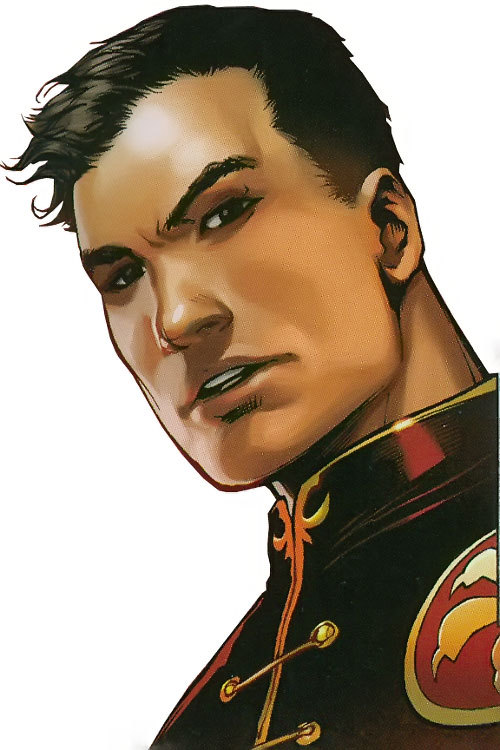
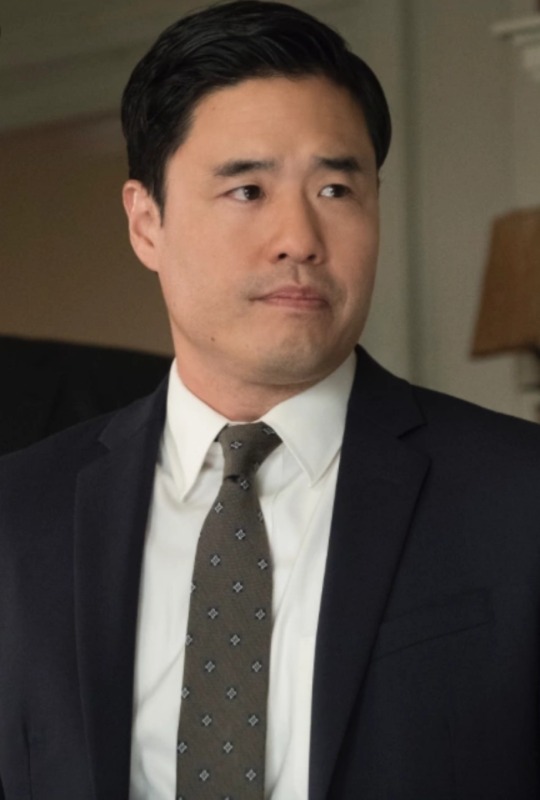

Alter ego: Woo Yen Jet
Team affiliations:
S.H.I.E.L.D.
Agents of Atlas
G-Men
#marvel#marvel comics#mcu#antman and the wasp#jimmy woo#agents of atlas#agents of shield#woo jen jet
13 notes
·
View notes
Text
Jet Li
His Wife Nina Li (5'4-5" tops)
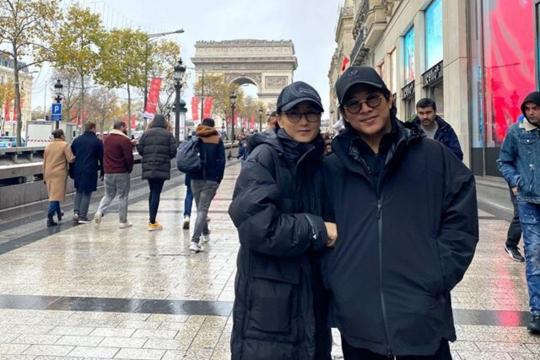
Aaliyah
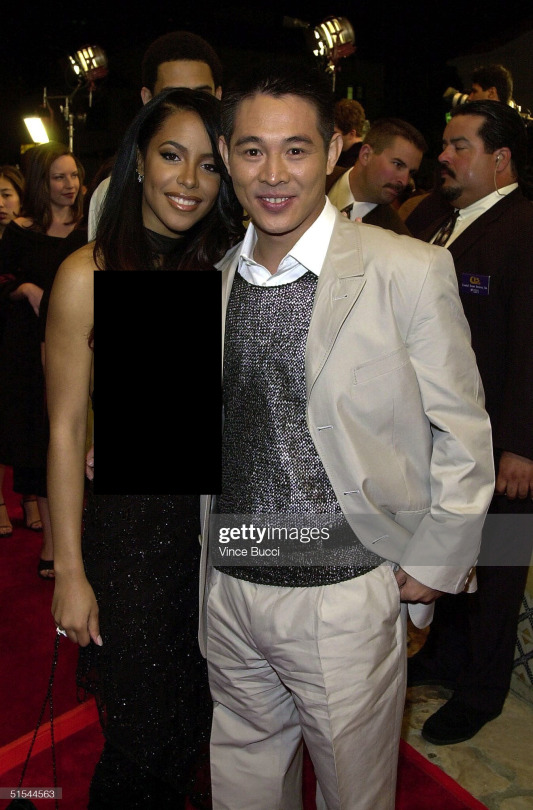

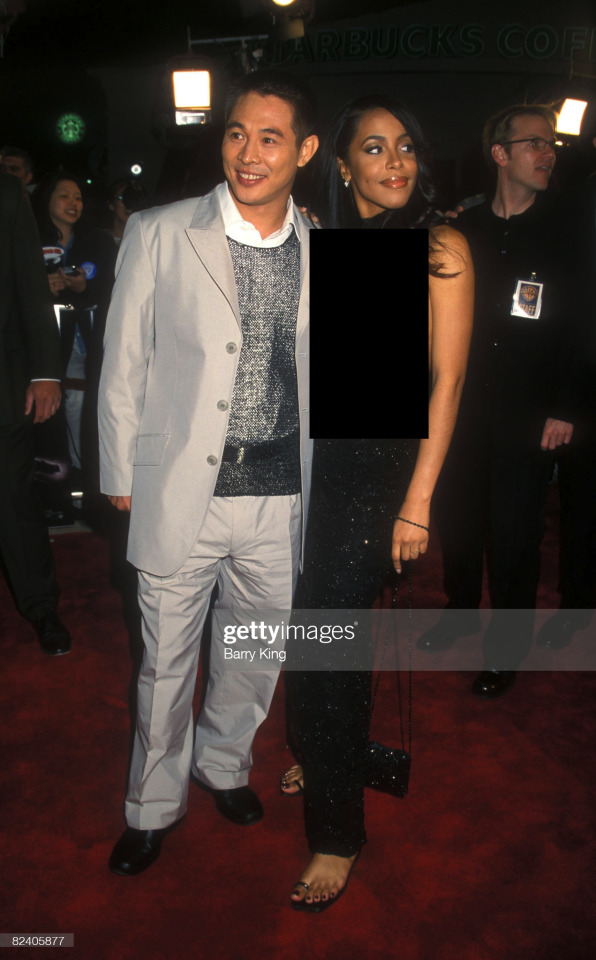
Amitabh Bachchan


Anthony Anderson & Mark Dacascos
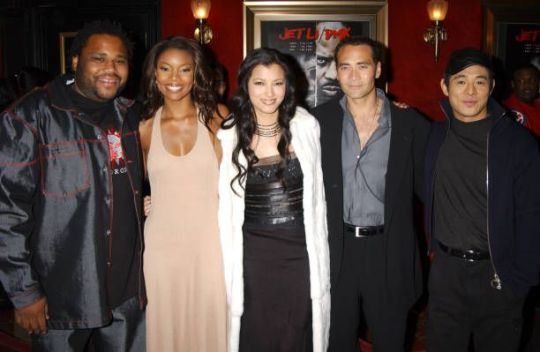
Brendan Fraser
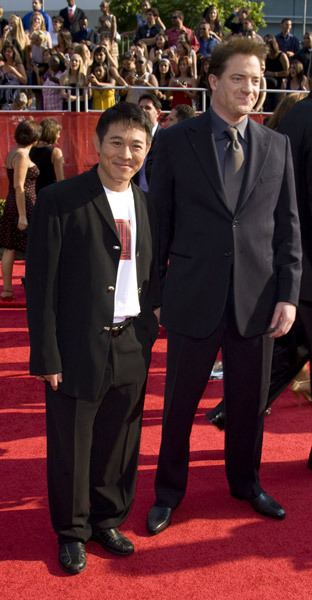
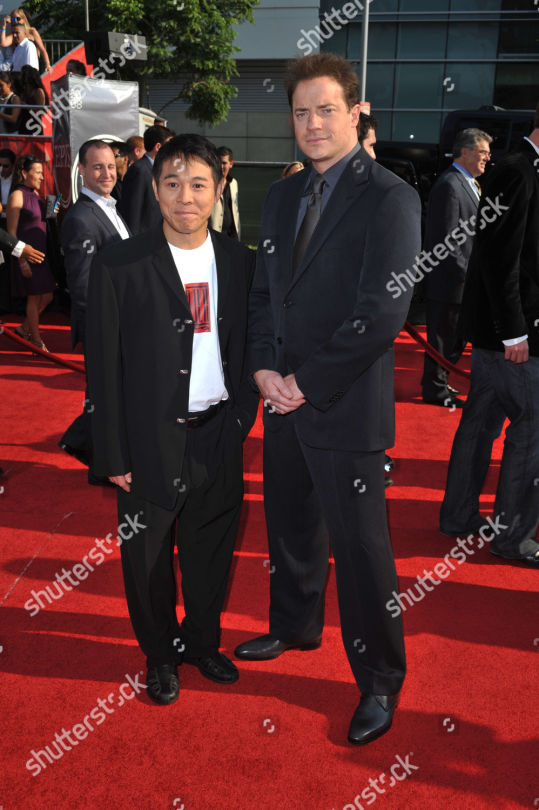
Bridget Fonda
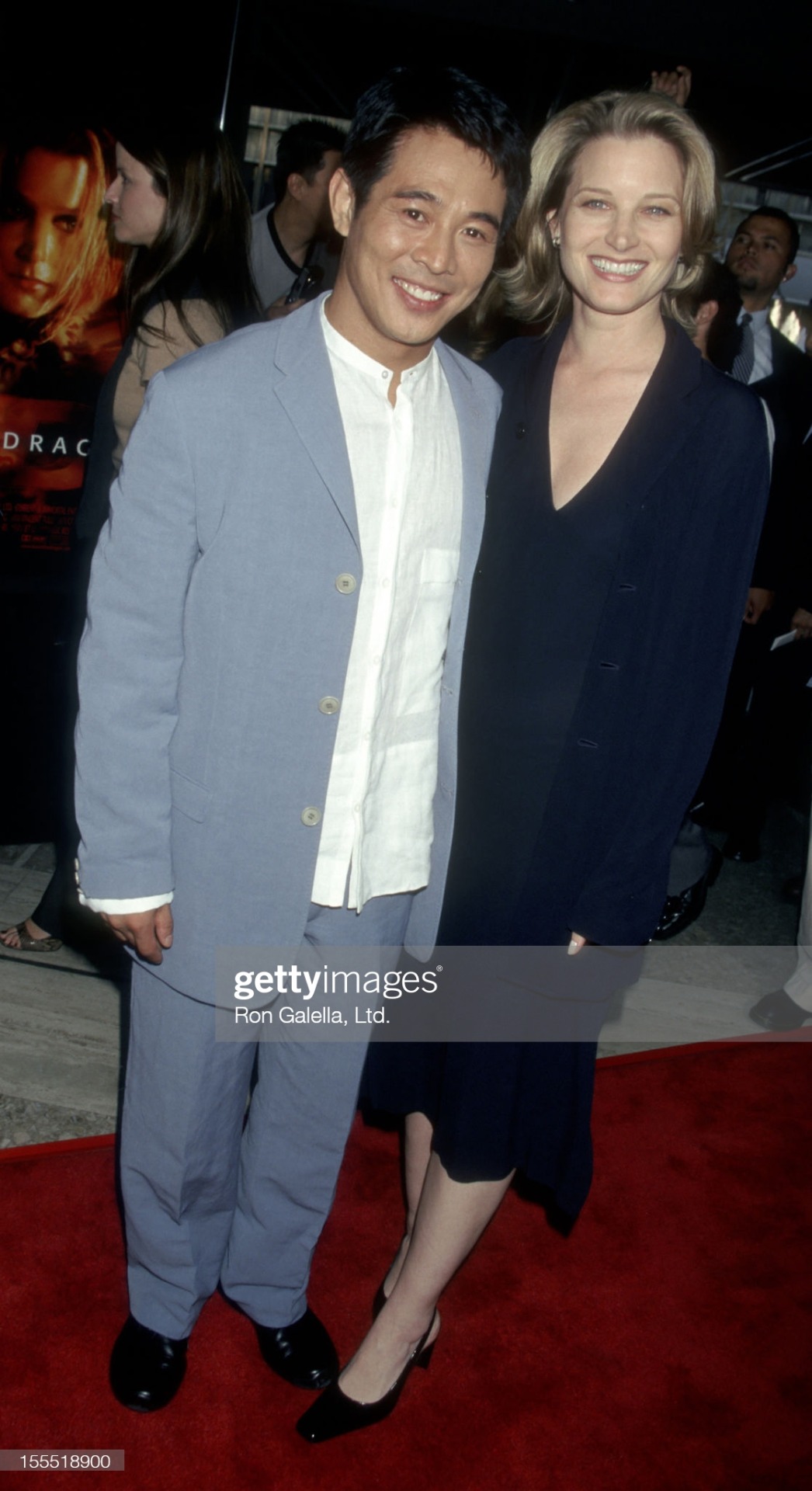

Carla Gugino
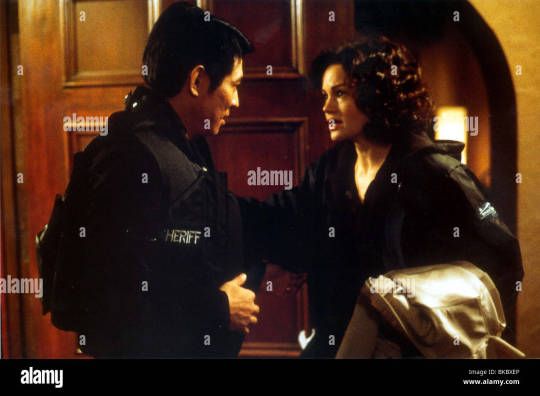
Chow Yun-Fat

Chris Paul

Clive Owen


Collin Chou & Jackie Chan [2007]
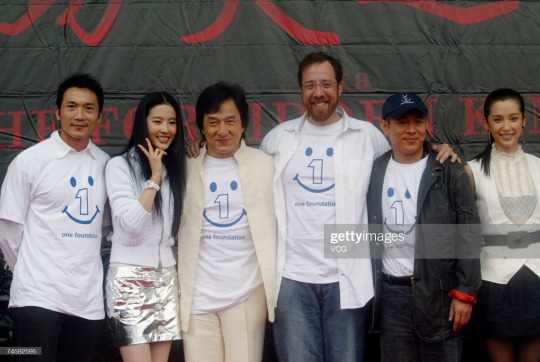
Collin Chou & Rosamund Kwan (5′5.5-6″ max)
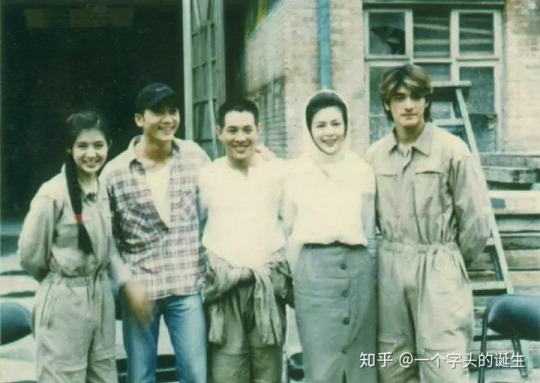
Daniel Wu
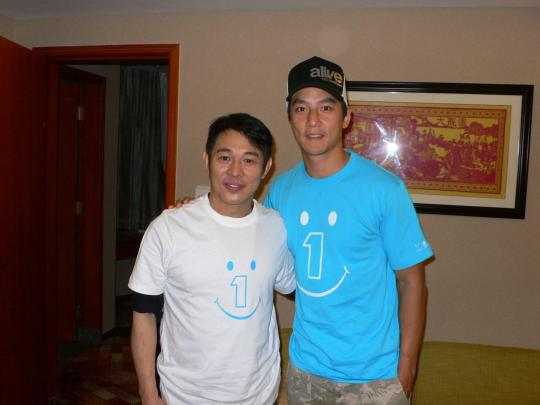
Dirk Nowitzki
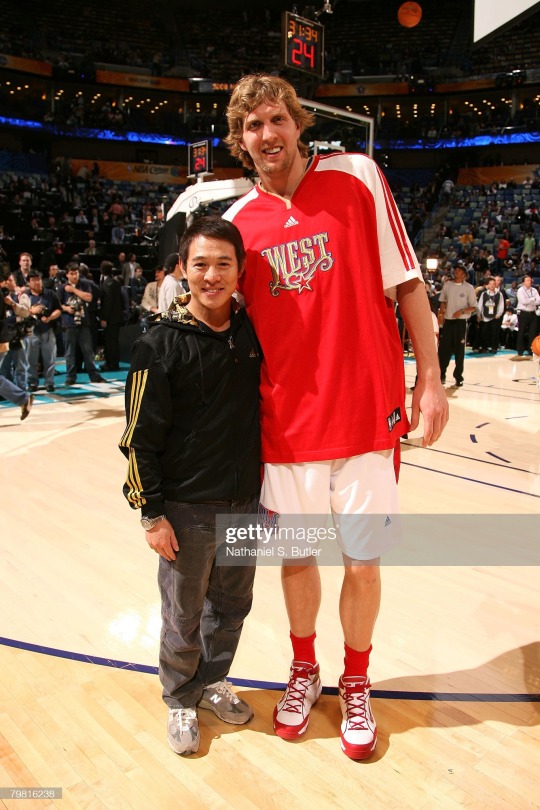
DMX
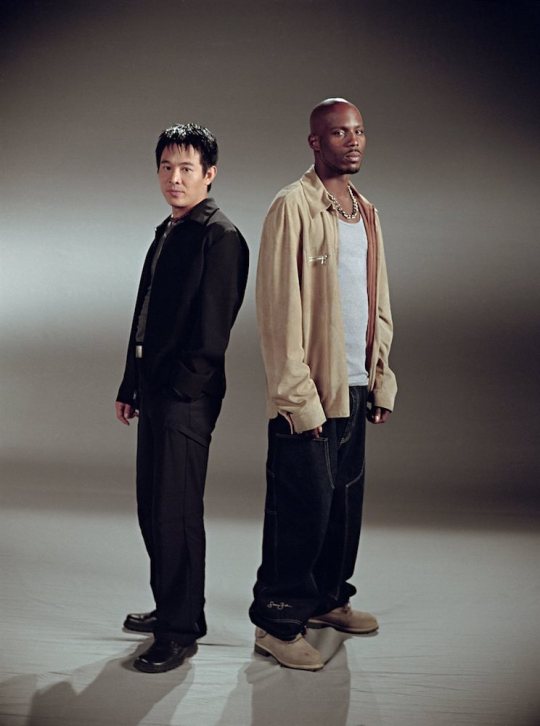

Donnie Yen
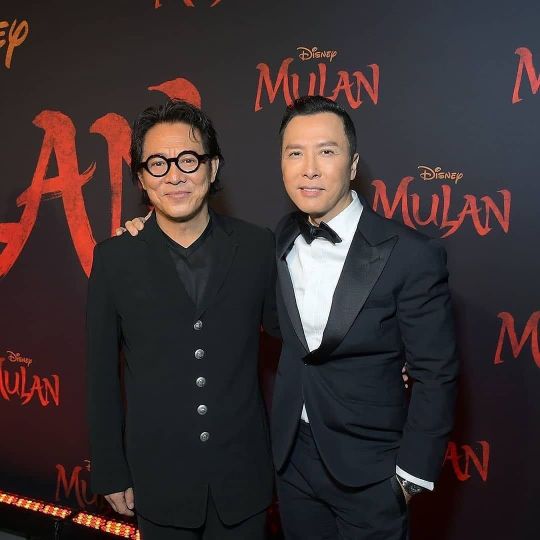
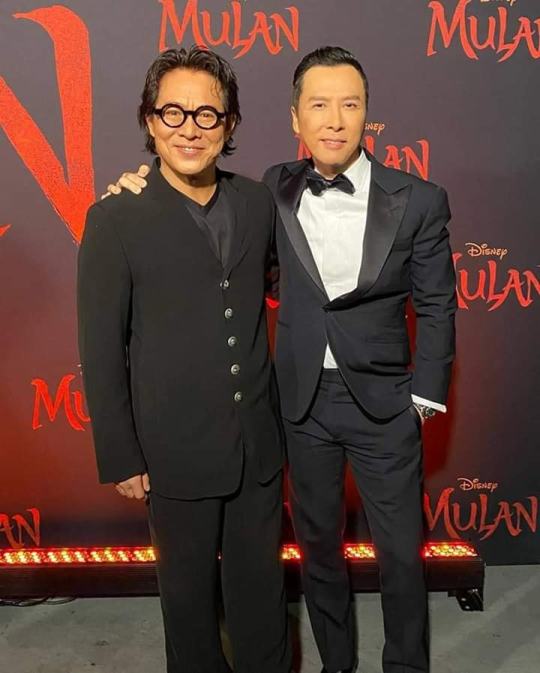
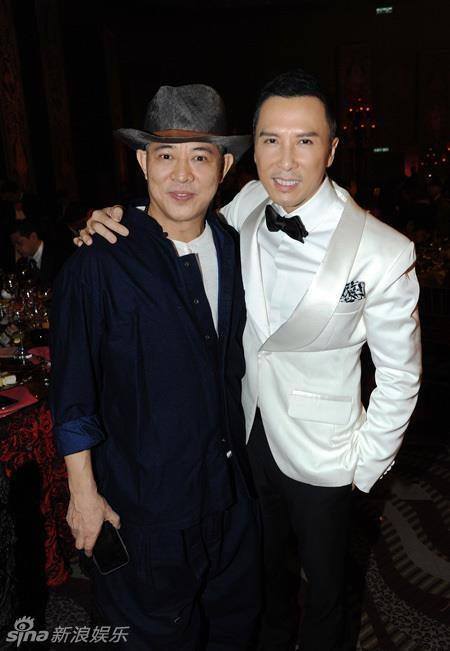
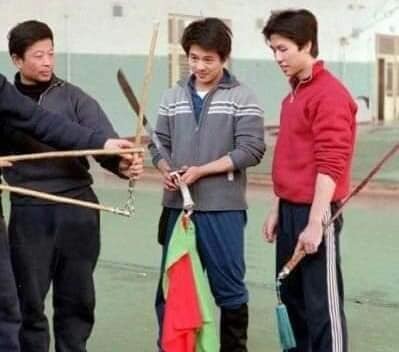

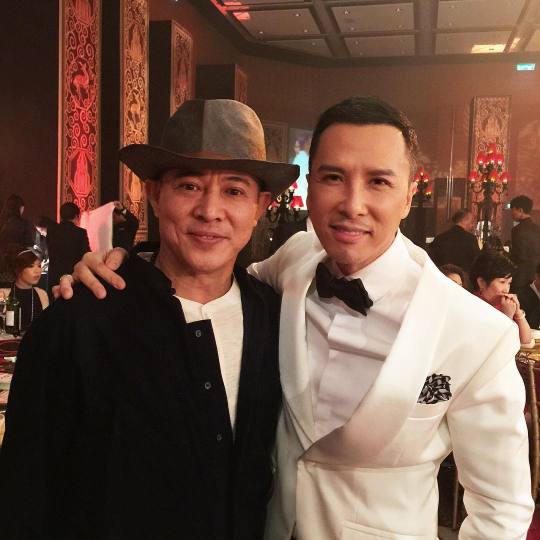
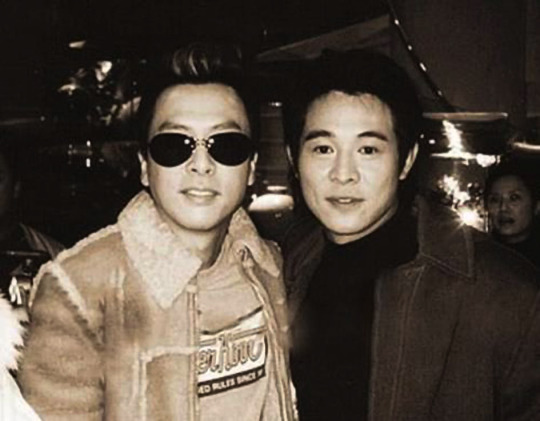
[Jet in Vans, Donnie in dress shoes]
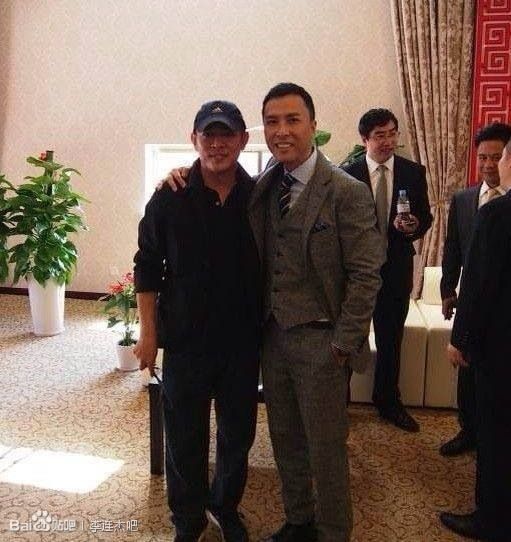

Fan Bingbing
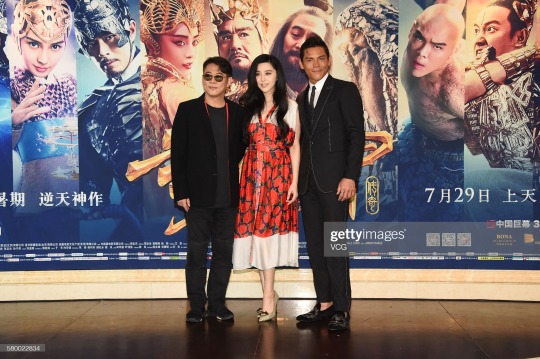
Gabrielle Union
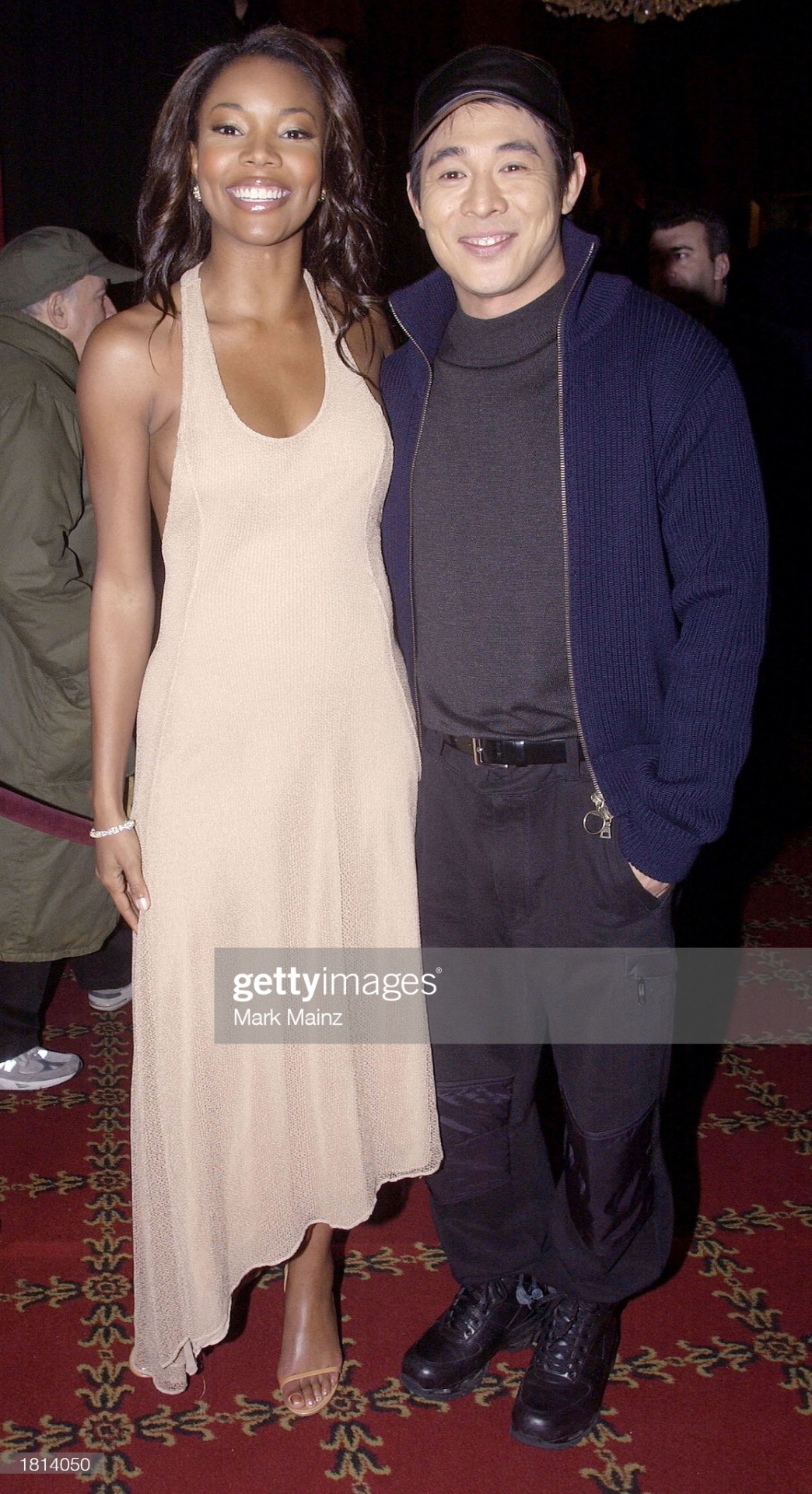
Ice-T
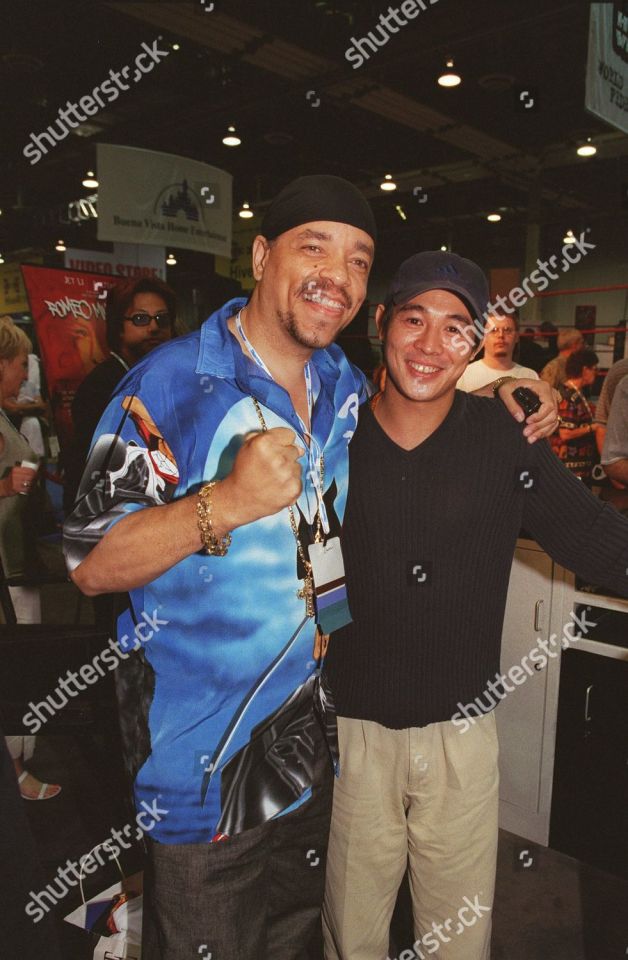
Jackie Chan [2007-2008]
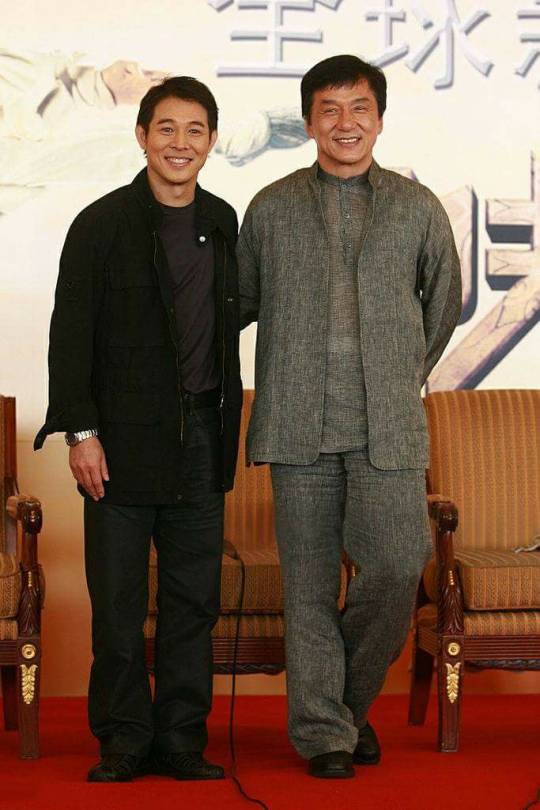
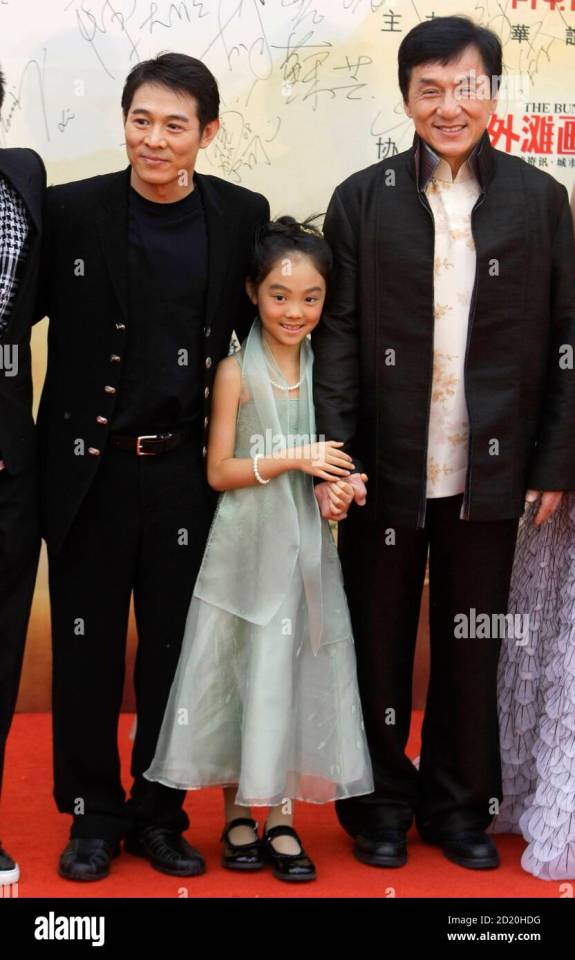
Jason Scott Lee
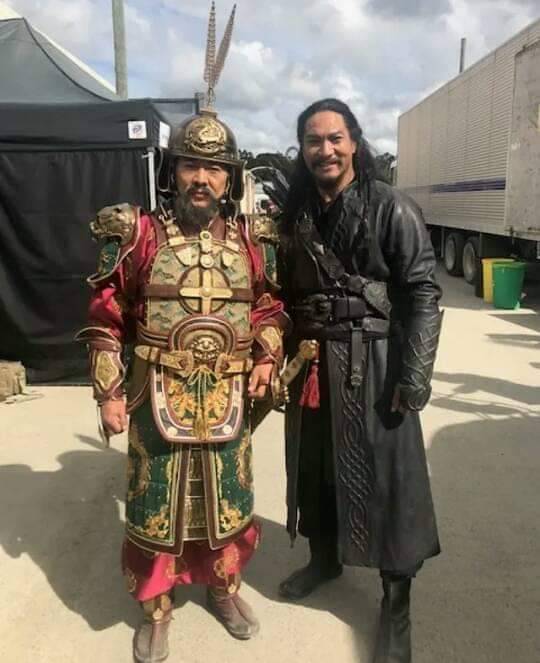
Jason Statham, Sly Stallone, Randy Couture & Terry Crews
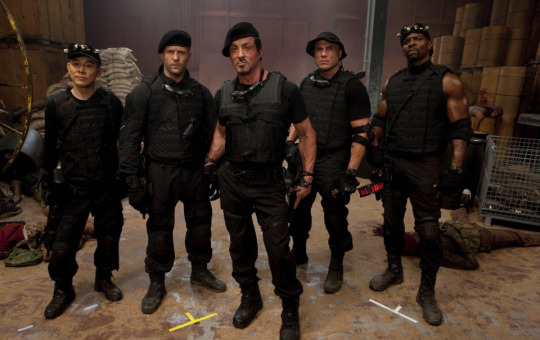
Jay Leno
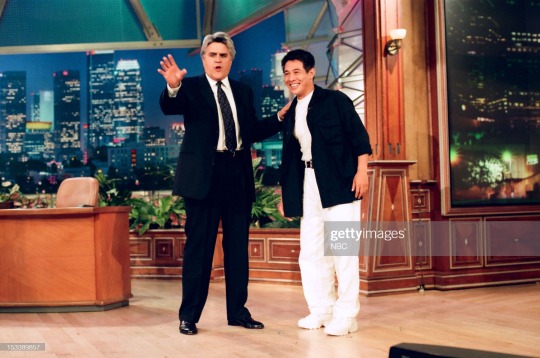
John Hannah
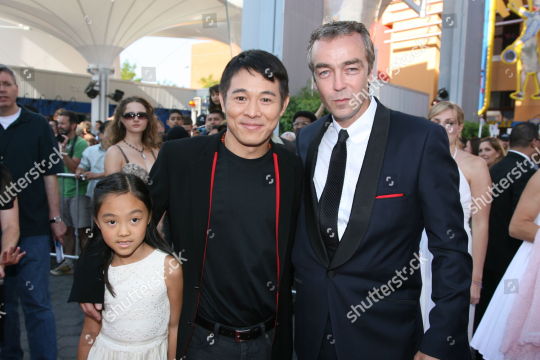
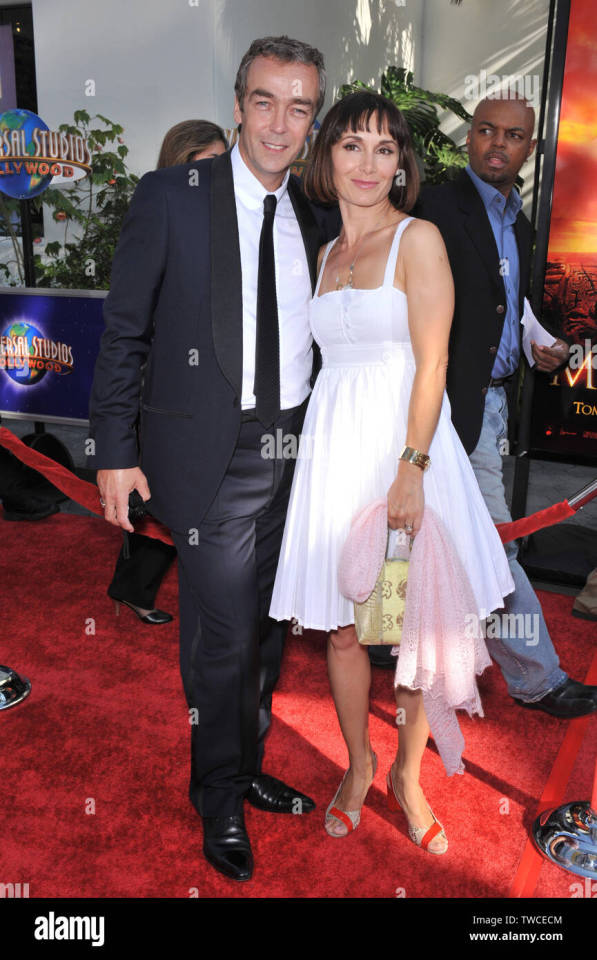
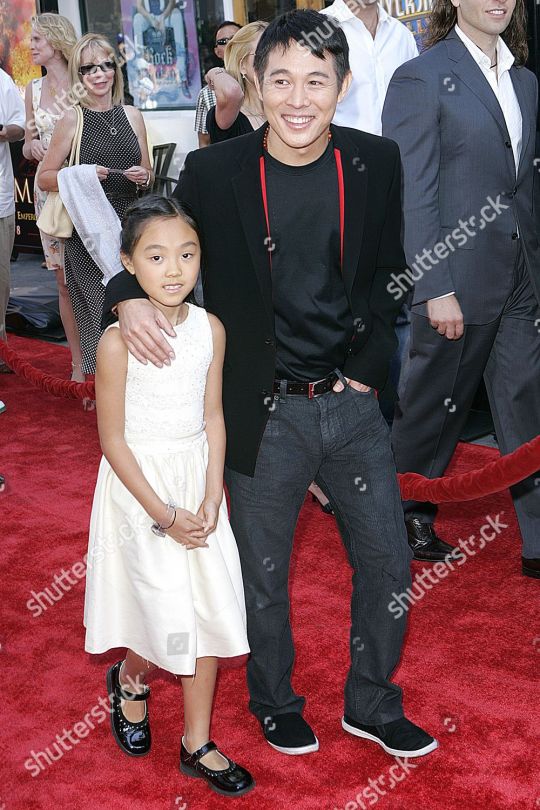
Mark Dacascos & Kelly Hu
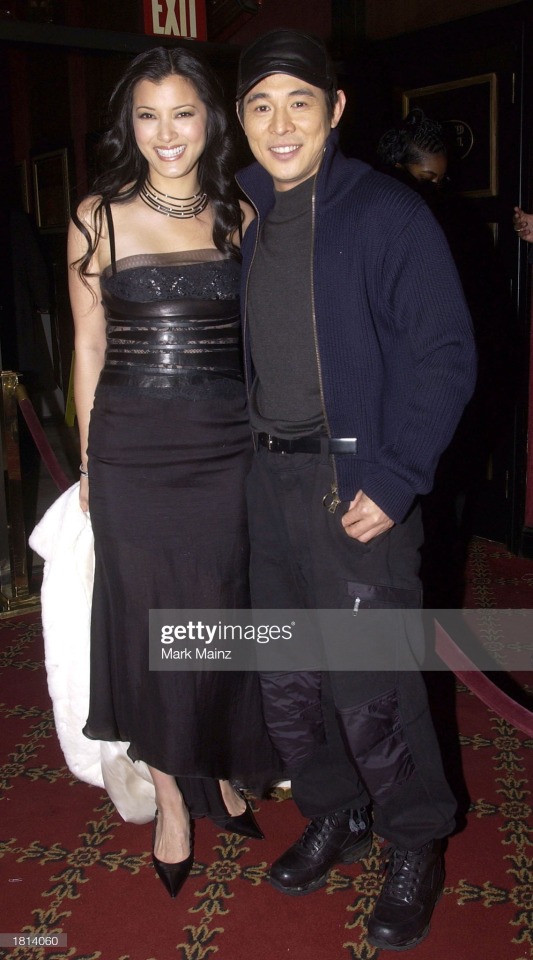
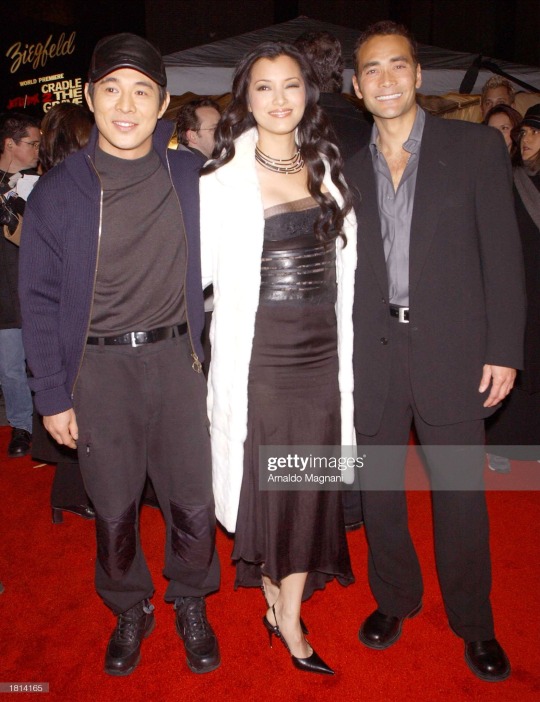
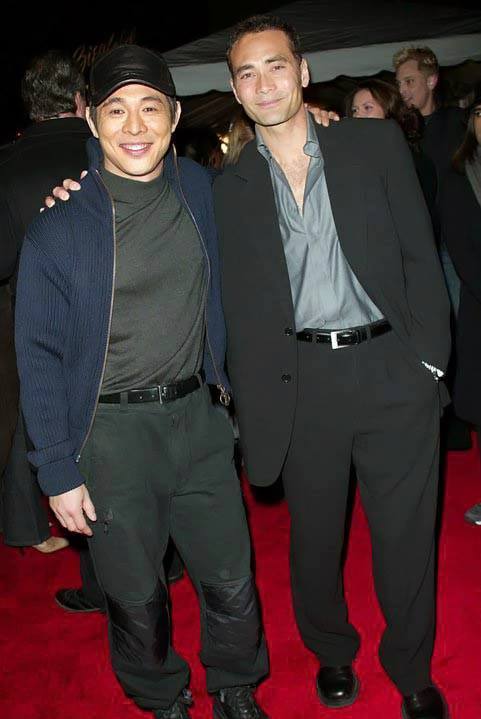
Ludacris
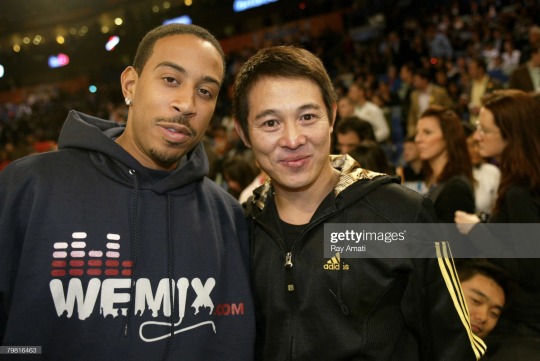
Maria Bello
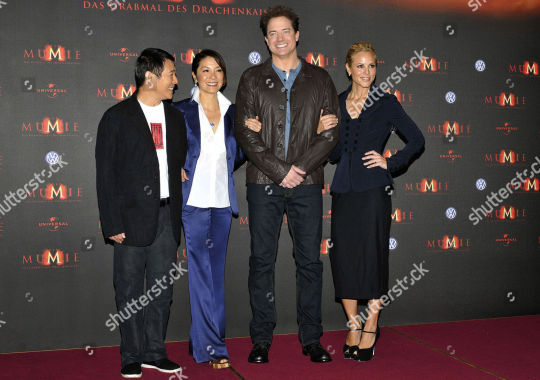
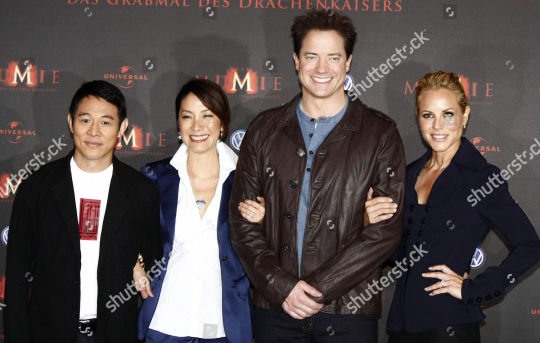
Martin Klebba
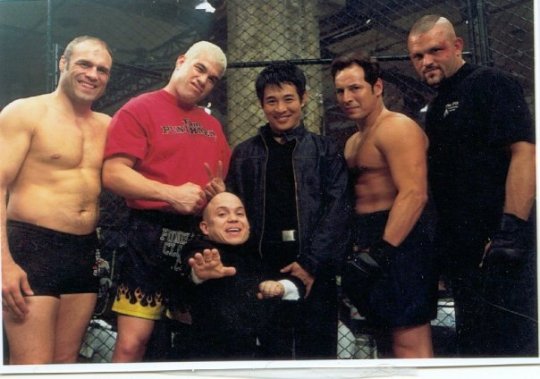
Mickey Rourke

Morgan Freeman & Bob Hoskins [2005]
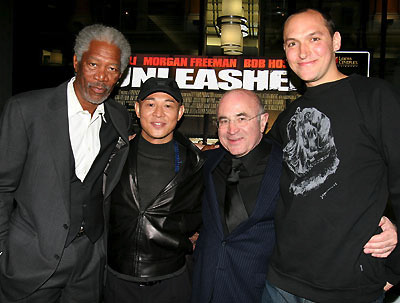
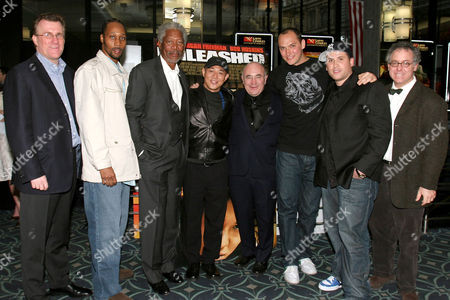
Rosalind Chao, Yoson An, Yifei Li & Donnie Yen
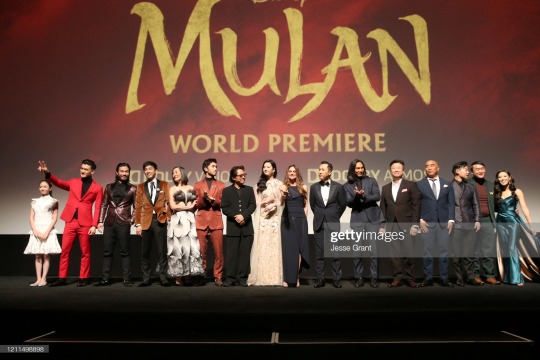
Russell Wong [6'0 1/8" IMO]
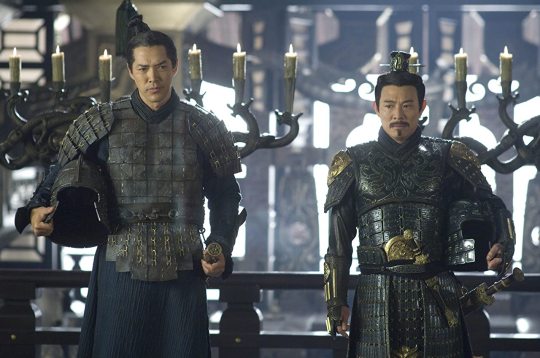
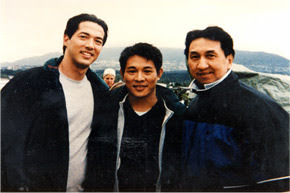
Sammo Hung

Shahrukh Khan, Clive Owen, Kathleen Turner, Olivier Martinez & jerry hall
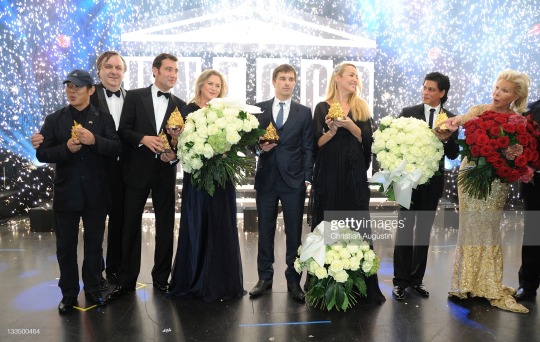
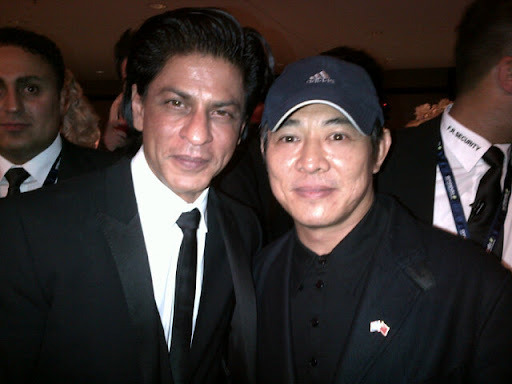
Stephen Chow
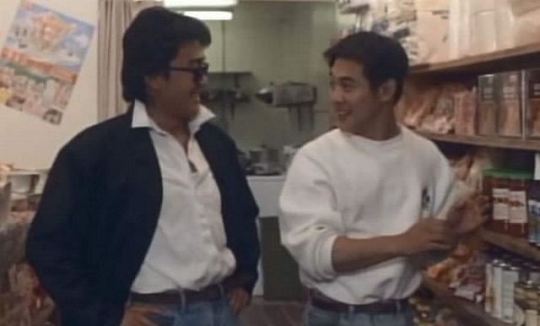
Steve Nash
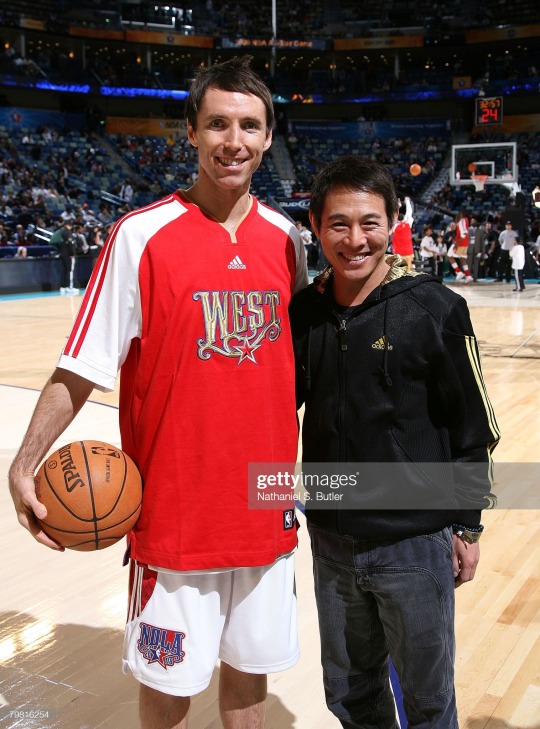
Tony Blair
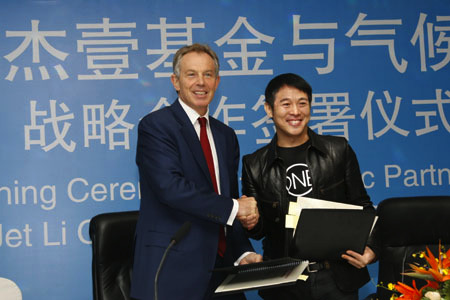

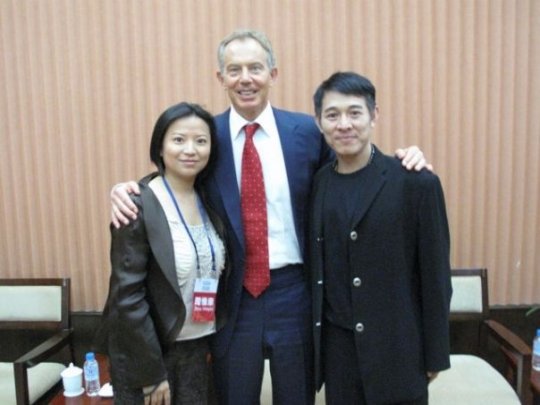

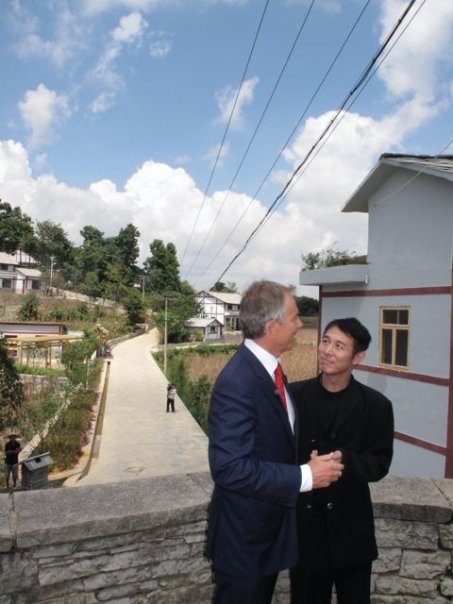
Yao Ming

Yifei Liu
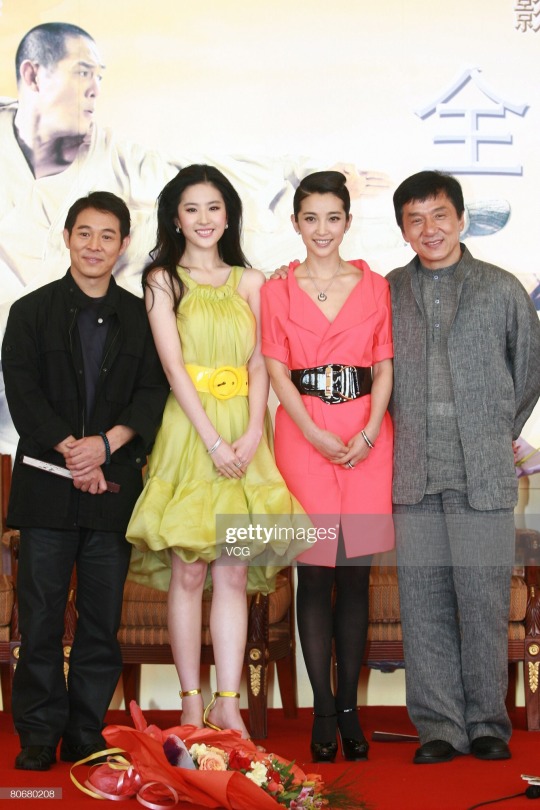
Ziyi Zhang
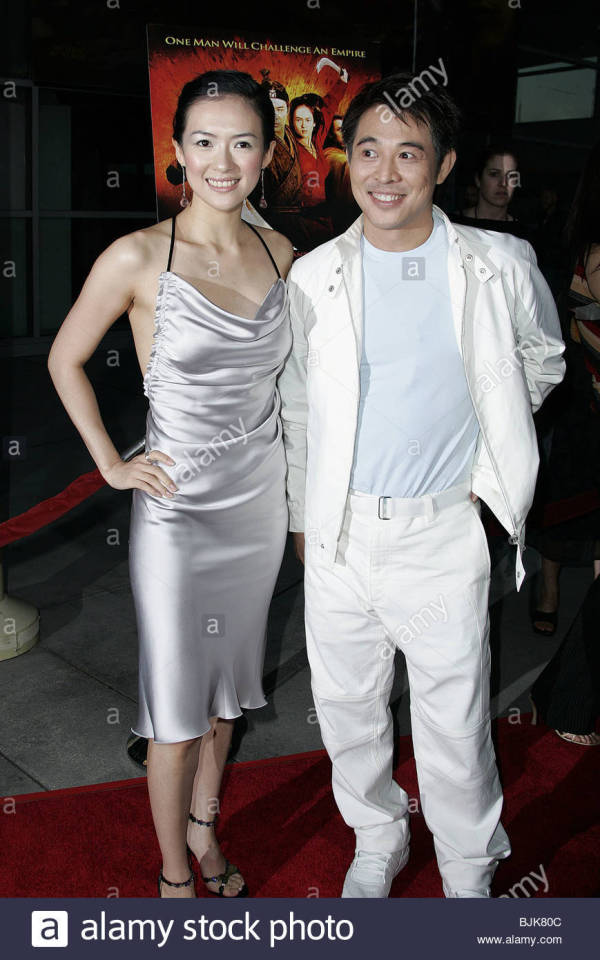
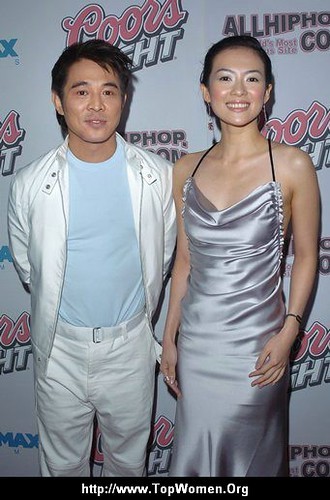
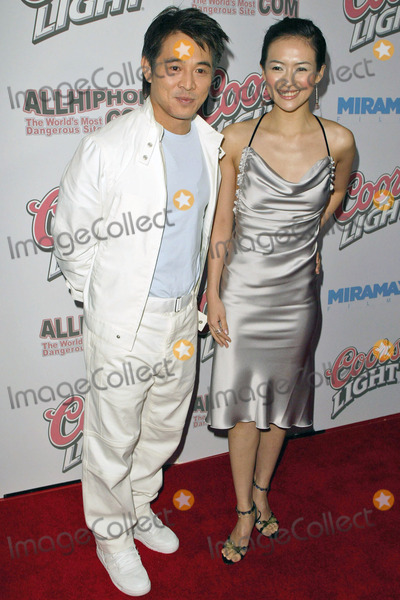
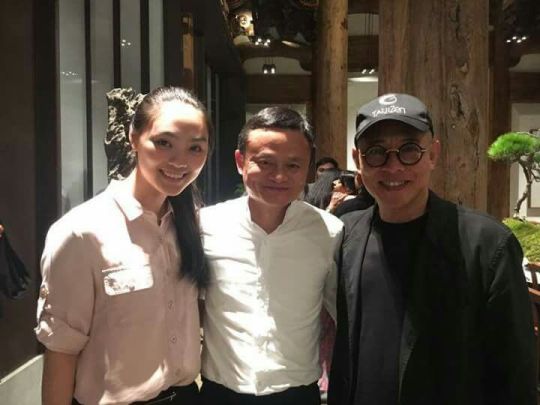

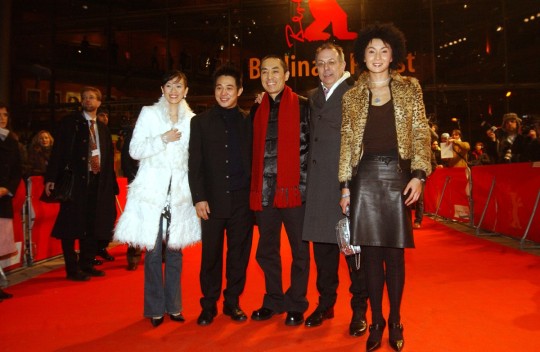
Brandon Roy (Listed 6'6")
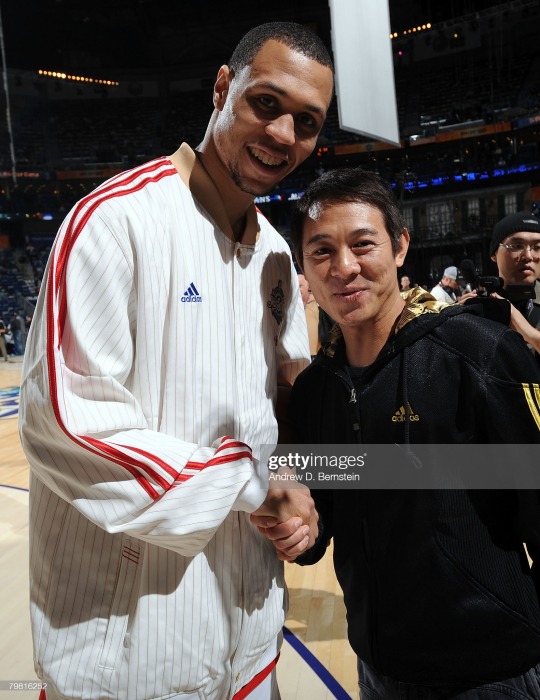
Jack Ma (5'5" tops)
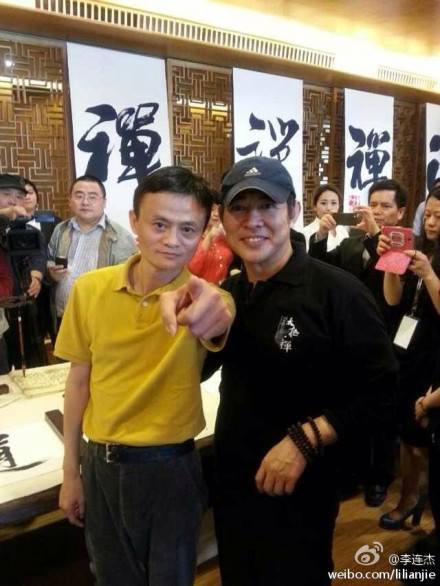
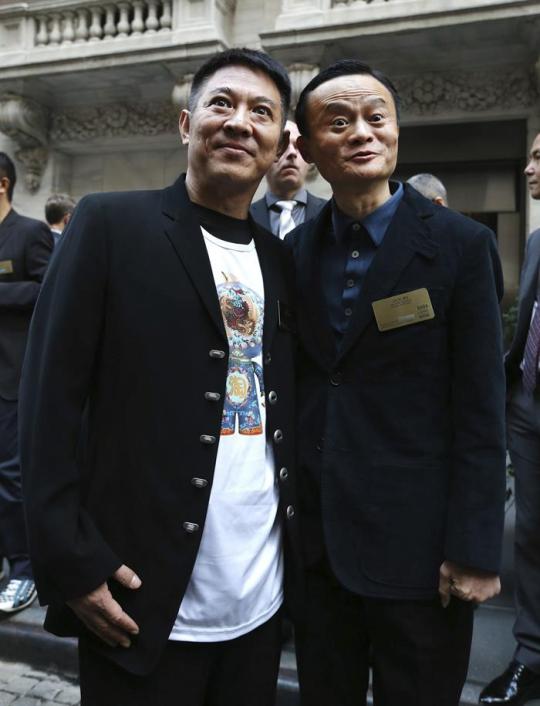


Jacky Heung (Listed 178cm), Zu Feng (Listed 176cm) & Andy On (5’10” Bang on)
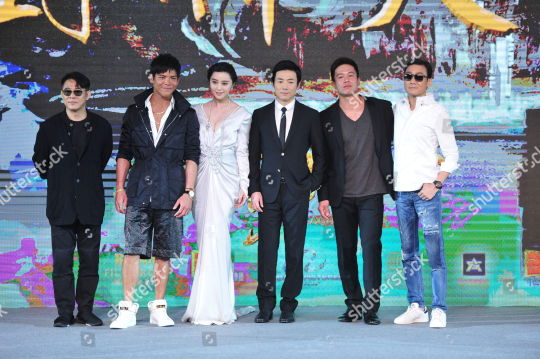
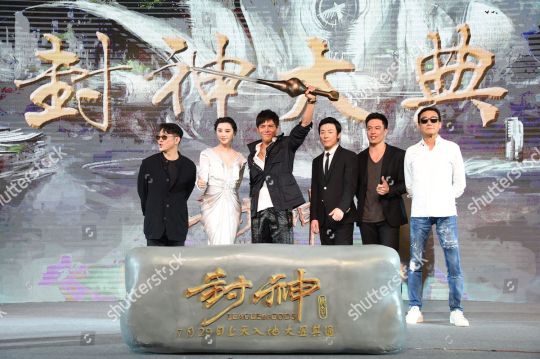
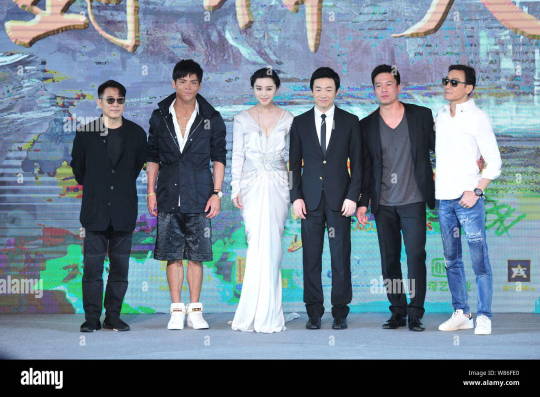
Jacky Heung (Listed 178cm)
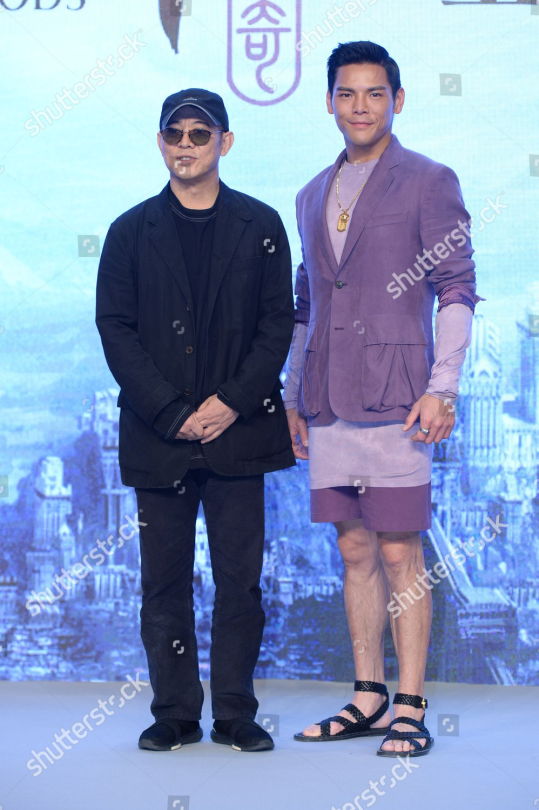
Jay Chou (Listed 173cm)

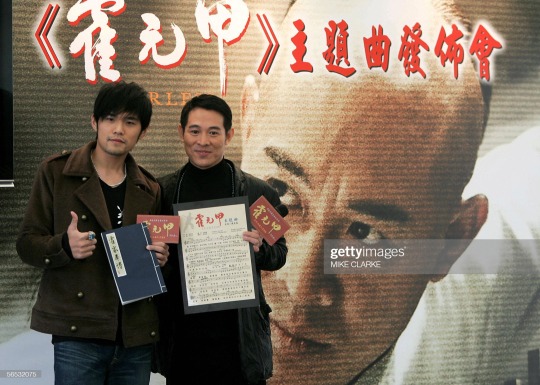

John Woo (Listed 164cm)
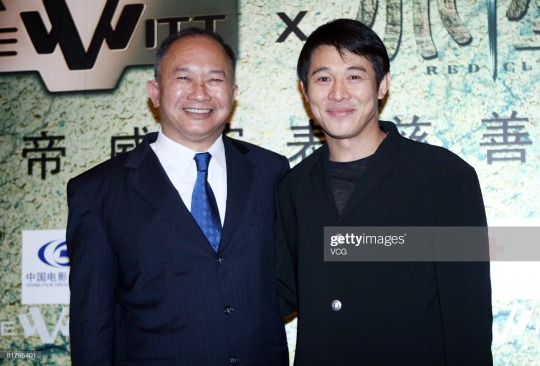
Luc Besson (Listed 172cm)

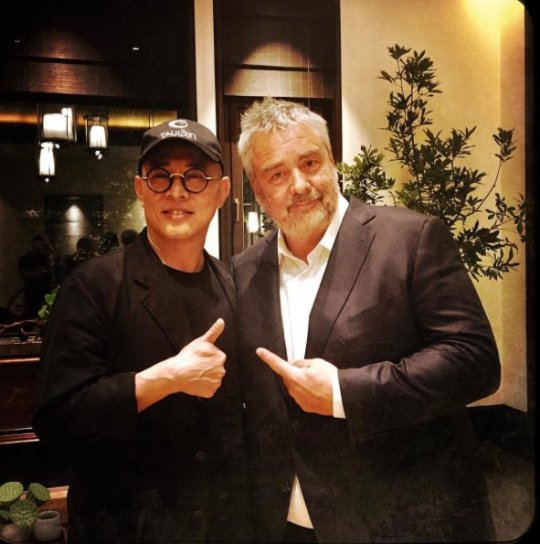
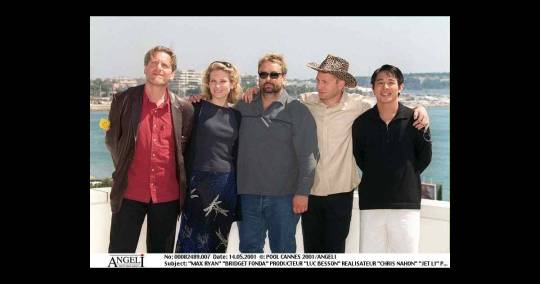
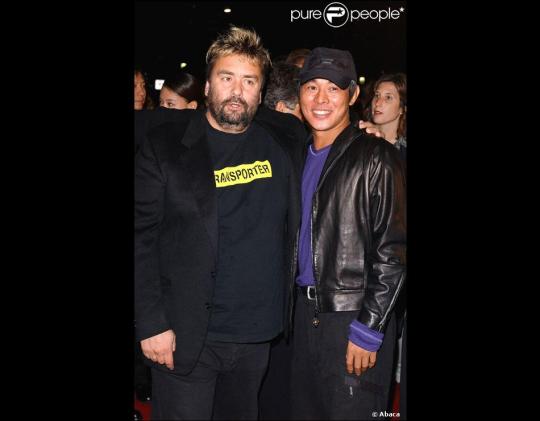
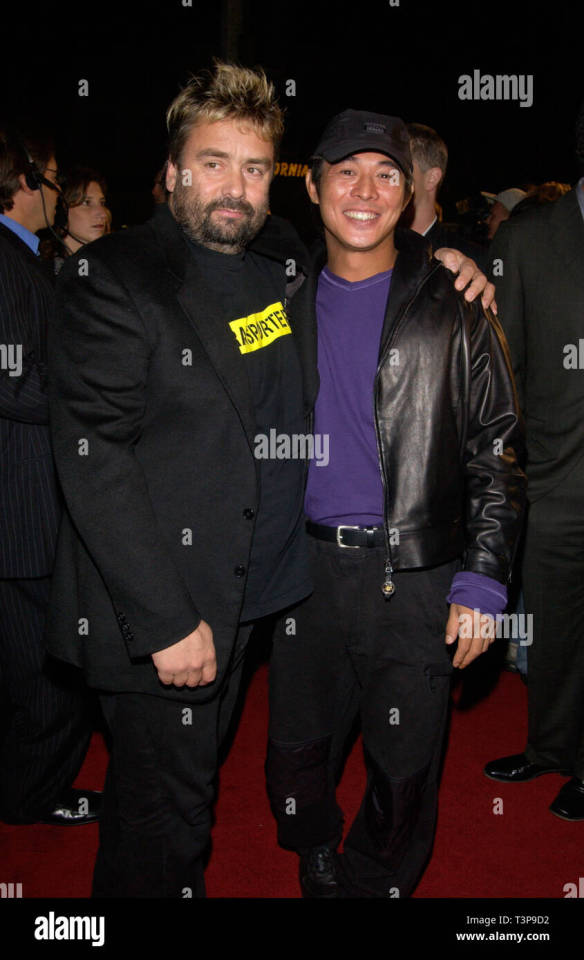
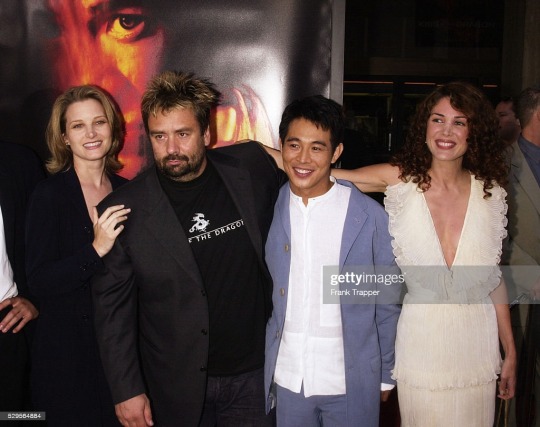
Mavis Fan (5’1” range) & Li Yuchun (Listed 174cm)
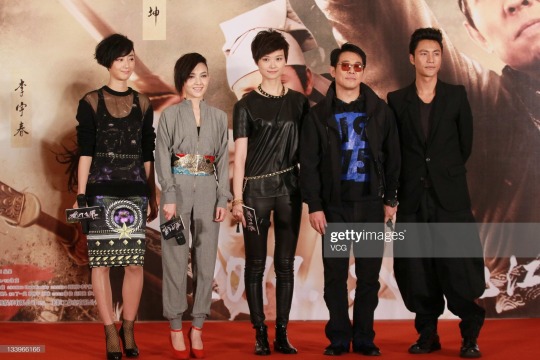
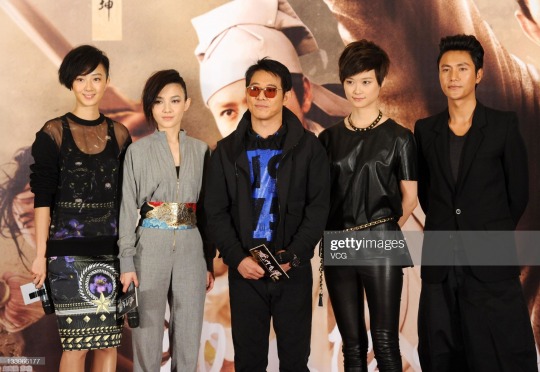
Max Ryan (5'11" tops)
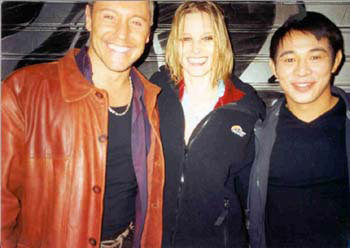
also w/ Jason Statham

Sébastien Bourdais (Listed 5'10")
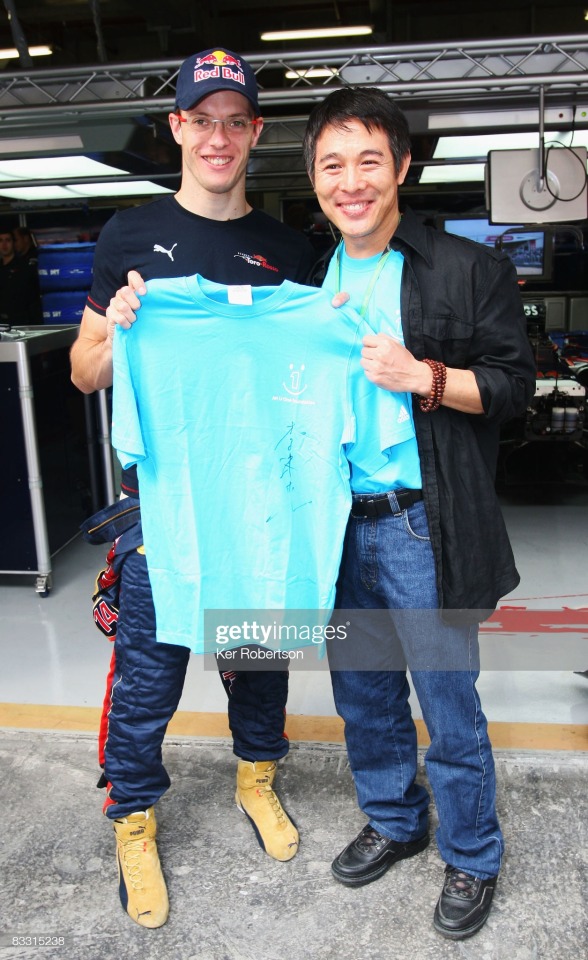
Shannon Lee (5'5.5") & Linda Lee (Listed 5'7")
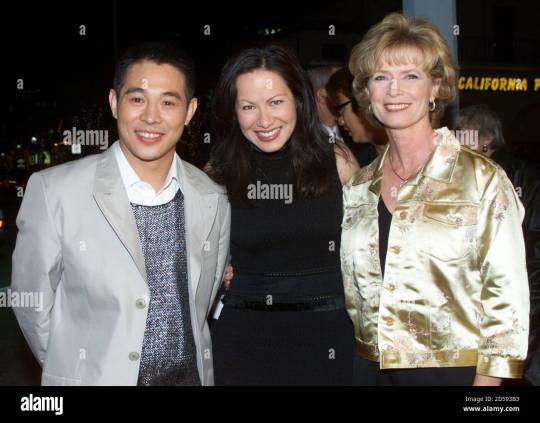
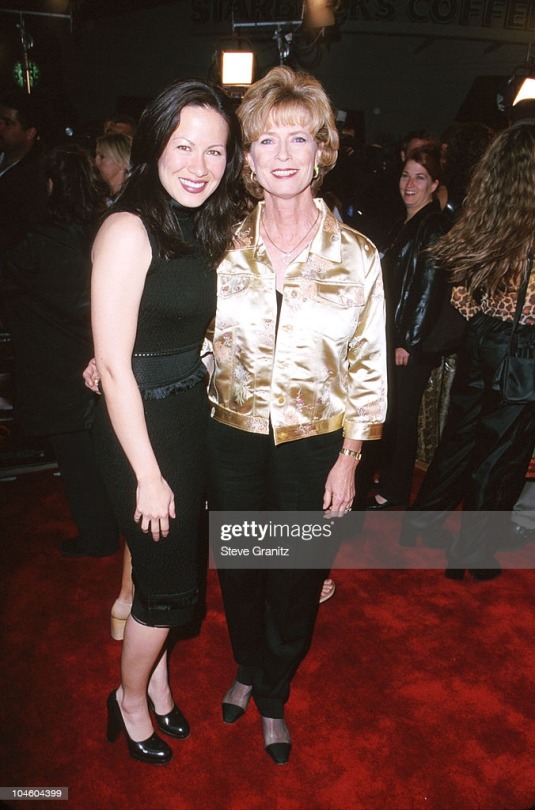
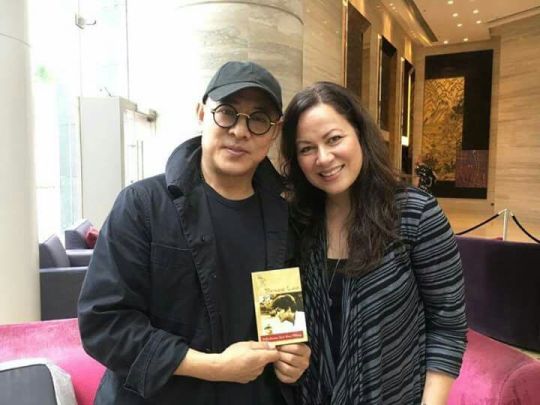
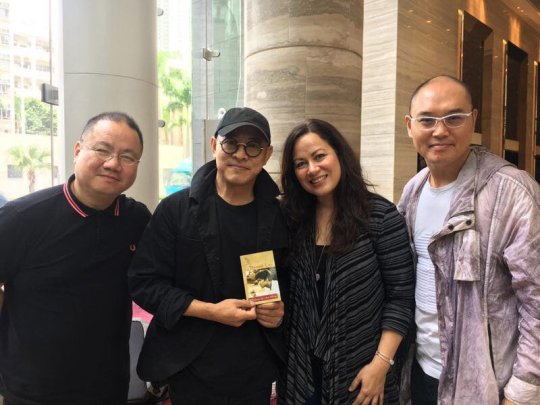
Shido Nakamura (Listed 177cm)
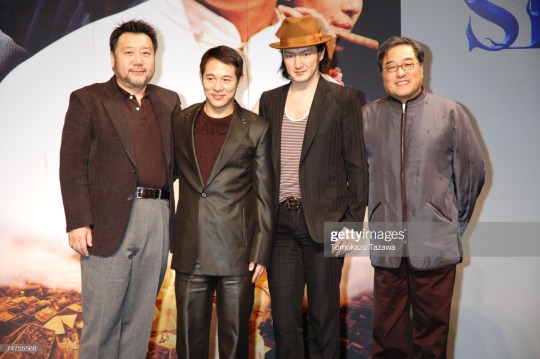
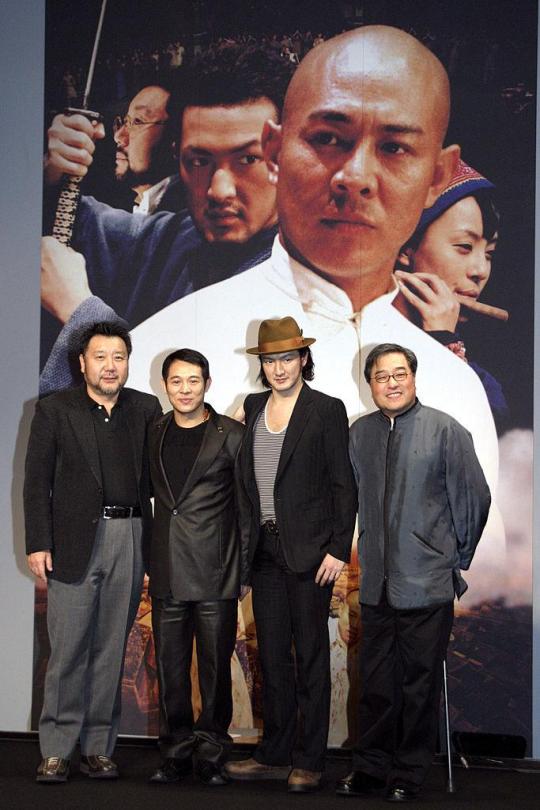
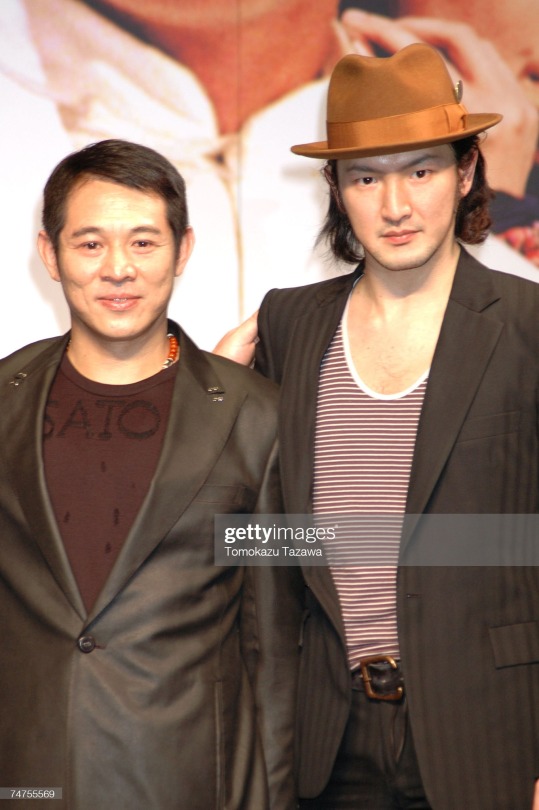
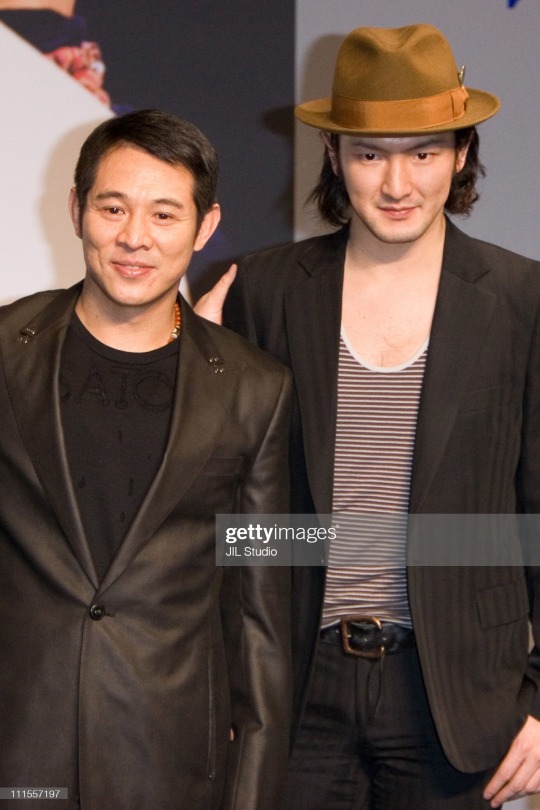

Siqin Gaowa (5'5" max)

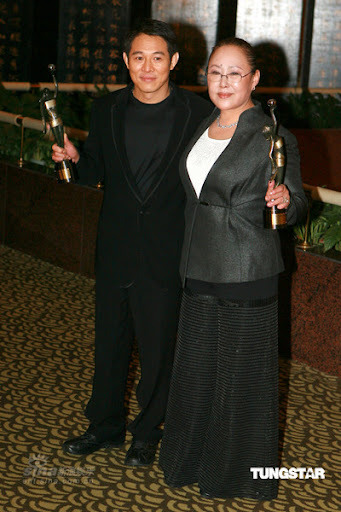
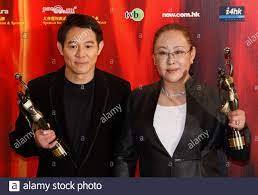
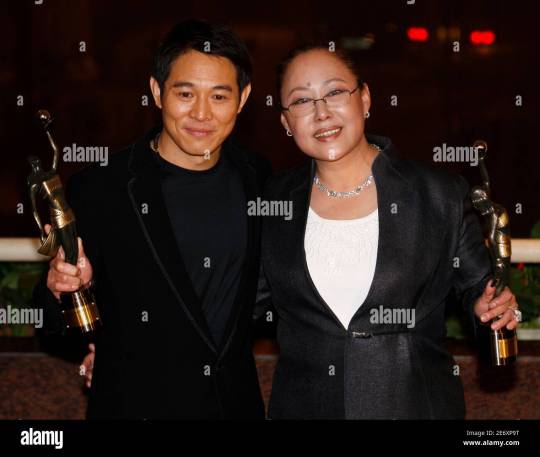
Witness (5'8" tops)
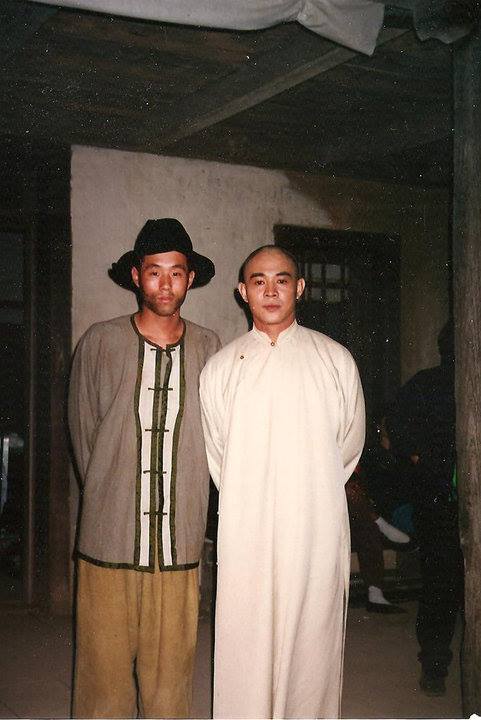
1 note
·
View note
Text
Shang-Chi Villain: Best Tony Leung Movies to Watch
https://ift.tt/eA8V8J
Tony Leung’s portrayal of Wenwu takes the MCU villain to a whole new level in Shang-Chi and the Legend of the Ten Rings, the latest feature film in the franchise. Wenwu is complex and textured as written, but veteran actor Leung gives the role such gravity, a level of depth that can only be reached by one of the world’s leading performers. Wenwu easily tops the ranks of MCU’s best villains, but it wasn’t always clear Shang-Chi‘s villain would be a hit. Originally in the comics, Shang-Chi’s father was the xenophobic Asian caricature Fu Manchu. Later, Fu was replaced with the Mandarin, another character that relied on racist stereotypes, so when the Mandarin was announced as the next MCU villain, it aroused concern. However, Iron Man 3 wisely spun the Mandarin to their advantage. Trevor Slattery (Ben Kingsley) became the Mandarin, and the character was rewritten as a mere dimwitted actor, a pawn of greater evil forces. It was a woke revision and appeased the Chinese market so much that Iron Man 3 became a huge box office smash there.
The MCU corrected an outdated racist offense within the Shang-Chi comics canon through Iron Man 3, but the casting of Tony Leung as the “real” Mandarin in Shang-Chi and the Legend of the Ten Rings caused some initial trepidation. However, it’s proven to be another brilliant spin on behalf of the MCU. Firstly, the character is not the Mandarin at all. He’s Wenwu, an ancient immortal who disdainfully dismisses that ridiculous Mandarin moniker. Secondly, Tony Leung is a global A-list actor, a household name across Asia, and a good lure for that lucrative Chinese market…
Who is Shang-Chi’s Villain Tony Leung?
Leung is an internationally acclaimed actor, but not well known in the United States. For those new to Tony Leung, it’s important to know that there are two Chinese actors who go by this name. There’s Tony Chiu-Wai Leung, who is the actor in Shang-Chi. And there’s Tony Ka Fai Leung, who is also a distinguished actor from Hong Kong. Tony Ka Fai Leung is the elder. He won Best Actor at the prestigious Hong Kong Film Awards an astonishing four times.
While SAG doesn’t permit actors to have the same name, this is tricky for China. In Chinese, the surname comes before the given name, so the Tonys are known as Leung Ka Fai or Leung Chiu-Wai in Cantonese. Hollywood usually just goes by the adopted Western name, but some try to add the Chinese name to distinguish the two. Due to the difference in surname placement, sometimes the Chinese is dropped in the middle like Tony Chiu-Wai Leung and other times it’s on the end like Tony Leung Chiu-Wai. Sometimes in Hong Kong, where the British occupation left a lot of English speakers, the Western name is sometimes in the middle, as in Leung “Tony” Chiu-Wai. Regardless, it’s important to know that there’s two Tony Leungs and they are both highly respected Hong Kong actors. Because of their respective ages, Tony Ka Fai Leung is known as “Big Tony” while Tony Chiu-Wai Leung has been dubbed “Little Tony.” They’ve even starred in movies together.
“Little” Tony Chiu-Wai Leung is more famous than his elder. He’s won Best Actor at the Hong Kong Film Awards a whopping five times. He’s also won the coveted Best Actor prize at Cannes. That was for his role in In the Mood for Love (2000), which was also nominated for the coveted Palme d’Or, and is considered by many critics as one of the greatest films of all time. In the Mood for Love was one of many collaborations between Leung and one of China’s most celebrated directors, master auteur Wong Kar-wai. Leung has worked with all the top Chinese directors, producing masterpiece after masterpiece of Chinese cinema. His career spans achingly artsy romances, period Kung Fu movies, ultra-violent gangster films, goofy slapstick comedies, and now the MCU.
For Shang-Chi fans who want to go deeper, Den of Geek has selected some of Tony Leung’s top films for your perusal.
A Chinese Ghost Story III (1991)
The final live-action chapter in Tsui Hark’s defining Fant-Asia genre tentpole trilogy, Leung plays a bumbling Buddhist disciple who falls in love with a ghost named Lotus (Joey Wang). The three-quel reunited some of the original cast and recycled many ideas from the franchise, but the addition of Leung redeems the film. With a provocative peek into Chinese lore akin to the mythical beasts in Shang-Chi’s Ta Lo, A Chinese Ghost Story III is a goofy early role for Leung before he develops his signature smoldering romantic persona.
Hard Boiled (1992)
Considered as one of the greatest Hong Kong gangster films of all time, Hard Boiled is one of Leung’s collaborations with the master of balletic gunplay, director John Woo (Leung also appeared in Woo’s brutal Bullet in the Head (1990)). Leung plays Alan, an undercover cop posing as a hitman. Hard Boiled is famous for an ultraviolent one-er firefight finale in a maternity ward. Leung was injured in the filming of that scene. One of the many explosions sent glass shards flying into Leung’s eyes and he had to be hospitalized. Leung’s performance was so gripping that it is rumored that Woo changed the script so Alan would survive. Leung was nominated for Best Supporting Actor at the Hong Kong Film Awards for his role.
Ashes of Time (1994)
As period martial arts films go, Ashes of Time is exceptional. Based on a renowned martial novel, The Legend of the Condor Heroes by Jin Yong, it was directed by Wong Kar-wai and choreographed by Sammo Hung. Leung plays a blind swordsman in a sweeping martial epic costarring his frequent leading lady, Maggie Cheung. Visually stunning yet somewhat incomprehensible, Wong went way over budget, so to garner more funds, he produced a comedy version with the same cast called The Eagle Shooting Heroes (the film title is the same as the original novel with the addition of a suffix meaning “East into West” – the translation shifted “condor” to “eagle” but it’s the same character in Chinese). When the original prints of film were lost, Wong re-edited and re-scored it as Ashes of Time Redux. The film is highly regarded in art film circles for Wong’s underappreciated early vision. Coincidentally, this film (and consequently The Eagle Shooting Heroes) stars both Tony Chiu-Wai Leung and Tony Ka Fai Leung.
Chungking Express (1994)
Another collaboration with Wong Kar-wai, this is a cop rom-com, told in two separate story arcs. Leung is the heartbroken Cop 663 in the second arc who gets involved in a complicated romance. Chungking Express was recognized as an artistic triumph by film critics around the world. Wong’s unique visual style and technical skill in storytelling earned international praise. The role won Leung another Best Actor at the Hong Kong Film Awards, as well as the Golden Horse Awards.
Happy Together (1997)
Wong Kar-wai won Best Director at Cannes for this groundbreaking LGBTQ film. Leung plays Lau Yiu-Fai and his gay lover Ho Po-Winh is played by Leslie Cheung. Cheung was a top pop singer who came out as bisexual in 1992. Tragically, he committed suicide by jumping off the Mandarin Oriental Hotel in Hong Kong in 2003. He was only 46. A controversial film for the time, even the poster for the film was censored in Hong Kong. Nevertheless, it earned Leung yet another Best Actor at the Hong Kong Film Awards.
In the Mood for Love (2000)
In the Mood for Love reunites Leung with Wong Kar-wai and Maggie Cheung in a dramatic romance that captured the hearts of audiences around the world. Highly decorated in international film festivals, it made the Top 100 films list for Entertainment Weekly, Empire, BBC and Time Out and is widely considered a cinematic masterpiece. In the Mood for Love is an achingly poignant tale of missed opportunities and unrequited love. It’s one of Leung’s most acclaimed performances. If you’re only going to watch one of Leung’s romantic films, this is the one.
Infernal Affairs (2002)
A gripping gangster thriller, Leung plays Chan Wing-yan, an undercover cop who infiltrates a Hong Kong gang. This is the film that Martin Scorsese remade into the Academy Award winning film The Departed. Scorsese rewrote Chan as Colin Sullivan (Matt Damon). It earned Leung one more Best Actor from the Hong Kong Film Awards, and the film captured seven other wins including Best Film and Best Original Film Song (notable because the song is sung by Leung and his costar Andy Lau – Leung has a significant career as a singer too with over a dozen Cantopop albums). Internal Affairs spawned a trilogy and a TV series, as well as other international remakes beyond The Departed from directors in India, Japan, and Korea.
Hero (2002)
Hero is a truly epic martial arts film from celebrated director Zhang Yimou (Ju Dou, Raise the Red Lantern). With a lush soundtrack by Tan Dun, Hero received multiple nominations and wins across many respected international awards festivals including the Oscars and the Golden Globes. Leung plays Broken Sword, an assassin, alongside Maggie Cheung, Jet Li, Zhang Ziyi and Donnie Yen. Li’s character Nameless is the main assassin, but Broken Sword is his equal. And again, Cheung plays Leung’s lover as his partner assassin Flying Snow. If Shang-Chi makes you want to see more of Leung’s Kung Fu, check this one out.
2046 (2004)
The final installment of the trilogy by Wong Kar-wai and costarring Maggie Cheung. In the Mood for Love was the second installment; Days of Being Wild was the first. In 2046, Leung and Cheung reprise their In the Mood for Love roles with a time-travelling spin. It was a masterful move on behalf of Wong. No one expected his to take his internationally acclaimed romance and convert it to a sci-fi. What’s even more astonishing is that it totally worked. Like the previous installment, Leung won yet another Best Actor at the Hong Kong Film Awards where this film also garnered five other wins.
Lust, Caution (2007)
This steamy spy film was directed by Ang Lee, earning him his second Golden Lion from the Venice Film Festival (the first was Brokeback Mountain). Set in Hong Kong and Shanghai during the tumultuous 40s, Leung plays Mr. Yee, the target of an assassination plot. It was controversial in China because of its graphic sex scenes, but it earned Leung more Best Actor titles at the Golden Horse Awards and the Asian Film Awards. While the controversy over its explicit sex scenes didn’t reflect poorly on Leung, his costar Tang Wei was blacklisted by the Chinese film industry and lost all her endorsement deals.
The Grandmaster (2013)
cnx.cmd.push(function() { cnx({ playerId: "106e33c0-3911-473c-b599-b1426db57530", }).render("0270c398a82f44f49c23c16122516796"); });
Wong Kar-wai’s last film to date casts Leung as the martial arts master Ip Man, the same historic character played by Donnie Yen in his popular tetralogy. Like Ashes of Time, this film is on a level well above the typical martial arts movie fare. The Grandmaster brings together moving performances, arthouse sensibilities, and dazzling fight choreography in another epic tale of unrequited love. Leung brings such provocative gravitas to the role of Ip Man. While his martial arts skills are not on par with Donnie Yen, Leung trained so hard in preparation for the film that he broke his arm. This is another good example of Leung’s cinematic Kung Fu skills.
Shang-Chi and the Legend of the Ten Rings opens in theaters on September 3rd.
The post Shang-Chi Villain: Best Tony Leung Movies to Watch appeared first on Den of Geek.
from Den of Geek https://ift.tt/3zKNt9r
0 notes
Text
Jet Li - China’s Hero
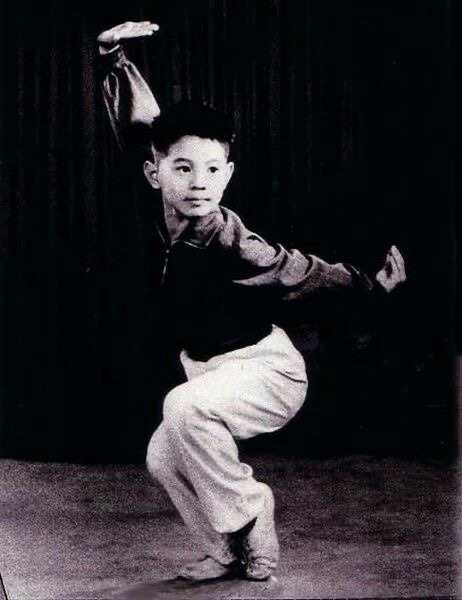
By Sam Cave
Beijing, 1963. A child is born into poverty, the youngest of five. By two years old, his father has passed away. His family can’t afford meat, so young Lie Liajie is often hungry but never complains. When he is eight years old, his mother enrolls him in a summer course for martial arts. He shows a natural talent for Wushu, and his instructor takes notice. The boy attends a non-sparring Wushu event. Soon after, the instructor refers him to Wu Bin, coach for the Beijing Wushu Team. With his family’s permission, he is allowed to join. The coach takes a special interest in the boy, making him practice twice as hard as the other students. The criticism is harsh and constant, but he has good to food to eat and a sense of purpose that will help him to rise above his environment - China’s rocky crossroads between the Great Leap Forward and Mao’s cultural revolution.
A few years pass. Once a year the team is allowed to go to the movies. They watch Shaw Brothers and Shaolin five venoms, and sometimes Jimmmy Chang. One night the team gets to see a film called Fist of fury, Starring a westerner name Bruce Lee. the older boys love the film, and they clap and cheer, some of them smoking cigarettes and drinking rice wine. Their instructor chaperones hush them but also smile and laugh. Even as strict as the coaches can be, these boys need to blow off steam. The boy sits and watches the film, wide eyed. A friend passes him a Coca-Cola but he doesn’t notice. He is mesmerized by Lee Little Dragon’s screams and whoops, his speed and tempo. It is not so much Bruce Lee’s skills - the boy has seen Wing Chun and Southern Style Kung Fu before many times. It is the pauses, the stare, the speed with which he executes each maneuver. These are the things that a young Lie Lianjie would incorporate into his own fighting style, as the years ahead transformed him into the Martial Arts idol in known as Jet Li.
Asian cinema is a vast genre, with very different subsets. When I think of Japanese film, I picture ghost stories and bloody action like The Grudge or Battle Royale. Korea has the darkly comic revenge films of Chan Wook Park (Oldboy, Lady Vengeance). John Woo (Hard-Boiled) and Wong Kar Wai (2046, In The Mood For Love) both hail from Hong Kong. Historically, Mainland China’s identity in film has been firmly rooted in martial arts and Wushu-style historical epic tales. This makes sense, since the Wushu novels of writers like Jin Yong hold a place not unlike Tolkien in Chinese literary culture. Jet Li’s characters in Once Upon A Time in China, Fist of Legend and Fearless are based on real historical figures, and the China depicted in these stories is an honorable, decent place worth fighting for. The nationalistic message is often heavy-handed, but considering the China of twenty or thirty years ago, perhaps people needed to believe in not just heroes, but Chinese heroes.
I first discovered Jet Li when I saw Lethal Weapon 4. He played a silent martial arts villain with a ponytail who could dismantle a gun in seconds. His pre-combat stare was like nothing I’d ever seen onscreen before. It is his trademark - when he glares at his enemy he eminates both pure calm and pure danger. LW4 was Li’s first time crossing over into American films, after making over 30 movies in China since his debut in the 1980’s. Becore Jet Li started acting, there was an effort to find a successor to Bruce Lee, as evidenced by the early films of another Chinese martial artist, Jackie Chan. Chan was ten years older than Jet Li, and had been trained at the Chinese Opera. By Contrast, Li’s training focused purely on martial arts. He specialized in Wushu from the age of eight. Unlike Bruce Lee, who broke with Kung Fu tradition to establish his own style of fighting, Jet Li would become a Kung-Fu formalist. His trained at the Shao-Lin temple and spent years becoming an expert in Northern-style Kung Fu. Before the age of 10, Li won gold medals at the All China Games, and his team performed for Richard Nixon at the White House. According to Wikipedia:
he was asked by Nixon to be his personal bodyguard. Li replied, "I don't want to protect any individual. When I grow up, I want to defend my one billion Chinese countrymen!"
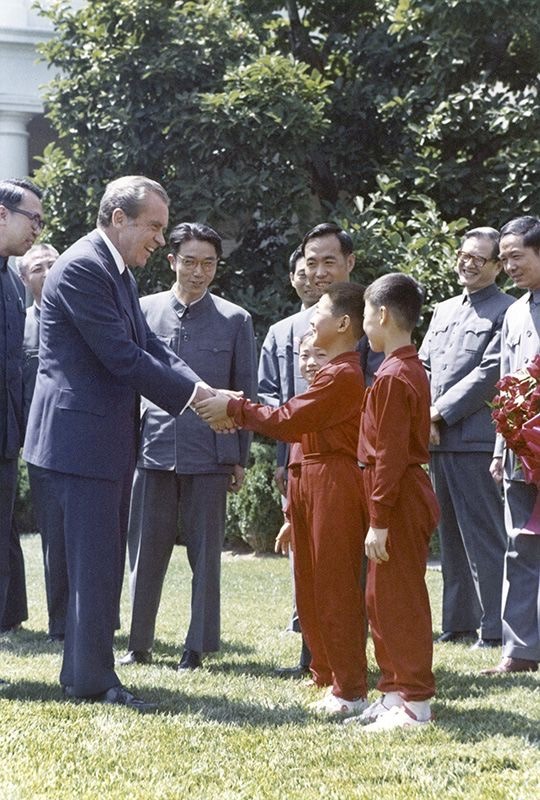
Jet Li would not be groomed as Chan was, to carry on Bruce Lee’s legacy. Too much time had passed and the industry had moved on from Bruce-sploitation and the legacy of Enter the Dragon. When Li first emerged in the 1986 film Shaolin Temple, his Northern Wushu and Tai Chi background was evident in every move, every trap, every aerial spinning kick. His fighting and performing style harkened back to old-school Kung Fu films by Shaw Brothers like Five Venoms and (bla).
…
The storyline of a typical Jet Li film goes something like this: A guy from mainland China (cop, soldier, fill in the blank) is tasked with the responsibility of protecting someone or exacting revenge for a dead master. He goes to Hong Kong, Japan or America, where his upstanding and honorable values are called into question by his new surroundings. There’s a girl, a villain, and much flying of fists and feet until finally the hero returns to China, happy to be home (in The Defender, he is killed and his body goes back to China).
After a few years as a supporting, utility player, Jet Li got the role of a lifetime playing Wong in Once Upon A Time in China. The film, directed by Tsui Hark, was a retro/throwback style historical epic with sharp cinematography and high-flying wire assisted wushu fight choreography and stunts. It was a leap forward for Hong Kong film, and spawned 3 sequels with Li reprising the main role. The films that followed could be described as Jet Li’s Hong Kong period. Fist of Legend, The Defender (also titled Bodyguard from Beijing), The Enforcer, Meltdown, Hitman, Tai Chi Master, Swordsman series. The list goes on.
Some of these movies showcased Li’s martial arts skills better than others. Sometimes he had guns, like Chow Yun Fat in Hard Boiled. Sometimes he had a kid sidekick or a love interest. One thing is for sure - playing in a Hong Kong action movie in the 90’s was not for the faint if heart. Cut-rate action techniques and low-budgets loaned themselves to accidents. The fighting was often full-contact. Actors could end up with a face full of glass from explosions. Still, the Beijing Wushu prodigy found his place amongst other martial artists like Donnie Yen and Michelle Yeoh, churning out epics, gangster films and cop dramas for audiences in Hong Kong (now hurtling towards its handover to the mainland) as well as the rest of Asia and beyond.
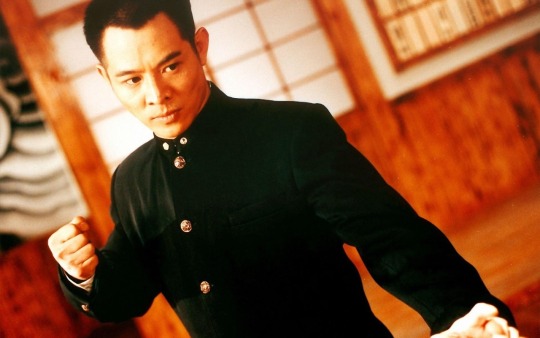
The only unfortunate aspect of Jet Li’s Chinese catalogue lies in the poor production values of most of these films. The overdubbed English is poorly translated, the action has a cartoonish quality and the characters are usually stock and cheesy. In other words, they are typical ‘Chop-Socky’ Kung Fu films made in the style of Bruce Lee’s catalogue, before the technical achievements of later films like Crouching Tiger, Hideen Dragon and Iron Monkey. There are some clear exceptions, such as the Once Upon a Time in China series, expertly directed by Tsui Hark and featuring another Kung Fu prodigy, Donnie Yen.
Because they were made before the age of DVD and HD, Li’s films could only be seen by Western audiences in rare Chinatown screenings in a few major cities. In the late 1990’s a new pop culture trend would change this pattern, and the trajectory of Li’s career – catapulting the Wushu prodigy from China to the United States. When Wu-Tang Clan first arrived on the American hip-hop scene in 1993, no one was prepared. Their albums were soundscapes comprised of hard-hitting verses, skits, and samples from Kung Fu and martial arts films. Along with Nas, DMX and others, Wu-Tang popularized Jet Li’s films by referencing him directly in their music. Li noticed, and his late 90’s output reflected this unlikely alliance. Black Mask, Romeo Must Die, and Cradle 2 the Grave featured Li’s action sequences cut to high-energy hip-hop. The films were successful, proving that Jet Li’s Wushu could be imported to the West.
Like Jackie Chan, Jet Li’s late 90’s crossover into Hollywood films was inevitable. It was a career move probably not based on financial need (he was already wealthy), but more based on the fact that he had outgrown the Hong Kong film scene. After his role in Lethal Weapon 4, he starred in a string of ambitious but fairly crappy vehicles like Romeo Must Die, Kiss of the Dragon, and Cradle 2 the Grave. These films, though largely panned by critics, served the purpose of greater exposure to US audiences and access to directors and filmmaker
In 2006, Jet Li announced his retirement from martial arts movies. The final entries into Jet Li’s martial arts catalogue, all made around this time, are easily the best. Hero, Unleashed, and Fearless are examples of bigger-budget Jet Li, not so different from his Chinese films but with an emphasis on acting and emotional content.
Hero is an epic historical tale in the style of Crouching Tiger, Hidden Dragon. In the film Li plays Nameless, an assassin tasked by an Emperor to eliminate those warriors perceived as threats to his his throne. Filmed in wild and beautiful colors with flawless cinematography, Hero is an example of contemporary Chinese cinema, and how much technical ground has been gained in the past 15 years. The film has been hopelessly replicated and borrowed from since its release in 2002, mostly due to its historical accuracy, dark tone and operatic fight sequences. It was at the time the most expensive mainland Chinese film ever made, and sits at the beginning of a trio of martial arts films by director Zhang Zimou, who before Hero was mostly known in art house circles for his dramatic collaborations with actress Gong Li.
The casting of Hero was an eclectic mix of non-martial artists and experts, with Jet Li (the mainland’s biggest star) in perhaps his biggest starring role to date. Donnie Yen, who at that time was still a supporting player, was brought in for the first fight scene. Maggie Cheung and Tony Leung, coming off the huge success of Wong Kar Wai’s In The Mood For Love, played the feuding lovers Broken Sword and Flying Snow. And Crouching Tiger’s Ziyi Zhang played Moon, the loyal servant. Leung and Cheung were both veteran Hong Kong actors, neither one from strictly martial arts but with 20 years of experience in all genres. Zhang came from a ballet background, and though she had a breakthrough performance in a Crouching Tiger, her martial arts skills were limited. Jet Li recognized her talent and mentored her on set, and joked about his short legs being the reason for his never trying ballet. It made sense for Li to reach out to the younger Zhang, also from the mainland and twenty years his junior. For so long he himself had been the young Wushu prodigy, but now at over 40 years old he was sliding into an elder-statesman role.
The action sequences in Hero used wires extensively - not just as a tool to exaggerate aerial jumps and spins but to make the characters fly and soar the air, dreamlike and surreal. This deliberate wire choreography may have been influenced by The Matrix and Crouching Tiger, but Hero has its own sort of Cecil B DeMille outrageousness to it that is totally out of balance with the serious tone. In fact, Hero is almost weighed down by its own sense of gravity, and is sometimes unintentionally funny when it’s adding more and more layers to each action sequence. (Arrows). It is here that Jet Li is the films saving grace. His sense of form, toughness and his skill not just as a martial artist but as an actor corrects the balance. When Li extends both arms in front of his face and slides his sword back into its sheath with a resounding and satisfying ‘click’, the film resets itself and we, the audience are given a break from the proceedings.
Unleashed raises a poignant question: can a man who has been reduced to an animal find salvation? In this film Jet Li plays Danny, a childlike soul with violent tendencies, trained since childhood to fight and kill on demand. His aggression is symbolized by a metal collar, which is controlled by his brutal ‘master’. Li is passive until the collar comes off, at which time he becomes an attack dog, dispatching his opponents in a flying, screaming rage. Unleashed is pure pulp, but it is elevated by the presence of Morgan Freeman (as Danny’s kind savior), and by Jet Li’s performance. Danny is a kid, full of wonder and innocence, but unable to escape the violence that has defined his existence. Li plays it with subtle, quiet emotion and dignity. The action in Unleashed is as usual exciting and well mounted, choreographed by longtime collaborator Yuen Woo Ping. There are even some darkly funny moments, like when Danny kills an opponent with one poke to the Adam’s apple. Yikes.
Fearless is an atypical Chinese martial arts film, because it shows the hero as lacking virtue (at least for the first half of the film). Li plays Huo Yuanjia, Godfather of Wushu and undefeated champion of Tianjin. After murdering a rival in the ring, the rival’s disciple takes revenge and kills Huo’s family. In his grief, Huo goes into exile and lives amongst simple farmers. Finally he returns home, humbled but also disgusted by the imperialist influx of foreigners taking over China. He begins to fight again, but this time for the honor and reputation of China – essentially for China’s place in the world. His final fight before dying from poisoned tea is against Tanaka, a Japanese samurai. It is worth noting that the Japanese occupation is a common theme amongst Chinese and Korean films. Both countries suffered under Japan at different times, and in the world of Fist of Legend and Fearless (two parts of the same story) the scars are still fresh. Fearless is actually titled Jet Li’s Fearless, and this film finds the actor back in his comfort zone of pure Wushu action and Chinese history. Where in Fist of Legend he reprised Bruce Lee’s performance in Fist of Fury as Chen Zheng, student of Huo Yuanjia and avenger of his master’s death, Li gets to play the master himself. Fearless is a mainland production, not as artsy as Hero and more in the vein of Once Upon a Time in China.
In the wake of Bruce Lee’s untimely death, the martial arts world was fractured. In the West, Karate was gaining speed and this popularity gave actors like Chuck Norris (a contemporary of Lee’s) and Jean-Claude Van Damme
It would seem the sun has set on Jet Li’s career. He left his audience wanting more, and with Disney hinting that he might return to his martial arts roots in Mulan, there may be more to see. In his personal life, Li occupies the rare position of the a mainland Chinese with wealth, who, now living in Singapore, is somewhat beyond the reach of the communist government. As a devout a Buddhist he has in fact visited the Dalai Lama (while making sure to voice his belief in a united China). He
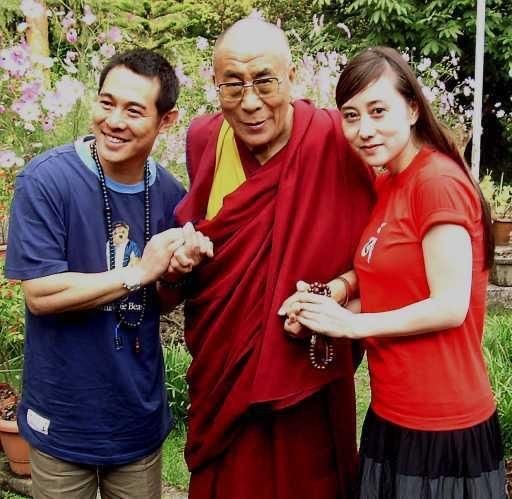
So, the question remains. What is your favourite Jet Li movie? And why does Jet Li Matter? In the opinion of this humble critic, Jet Li Matters because China matters. Mainland China needed a hero during times of extreme transition, when the Western idea of the Middle Kingdom was that it was a place that manufactured plastic trinkets. Audiences got used to Jet Li, Michelle Yeoh, and yes, Jackie Chan - as the heroes of Shao Lin or daring Beijing Police detectives, fighting their way through low-budget films made by an industry trying to keep up with the world, yet not afraid to have some fun in the moment. I still have only seen a handful of the original Jet Li movies, and so my perception of his work is top-heavy, weighed down by the performances from the end of a unique and amazing career. But what performances they are: Danny the Dog sitting next to Morgan Freeman at the piano, trying to find the courage to say his own name. Nameless and Flying Snow deflecting a sea of arrows with their swords, weightless in the air above a temple. And finally Huo Yuanjia, in the last moments of his life and with poison coursing through his veins, finishing his battle against Tanaka, Japan, Imperialist Britain, and himself. Jet Li Matters.
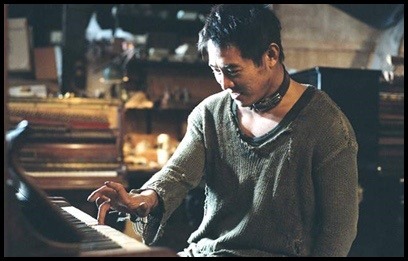
9 notes
·
View notes